cyborgboy95
News Cyborg
- Joined
- Aug 24, 2019
- Messages
- 3,065
A chat with Brian Mitsoda, Mandragora Narrative Lead
Hi everyone!
To celebrate World Storytelling Day, we sat down with Brian Mitsoda, our Narrative Lead, and talked a bit about his career, advice for aspiring narrative designers and game devs, and Mandragora itself.
All our Kickstarter backers can read a longer version of the interview over on our Kickstarter page!

Hi, Brian! Thanks for sitting down to chat with us.
When did you discover your passion for storytelling?
Creative writing assignments for English class going back to grade school. I got “published” after placing in the local paper’s scary story contest and got to read it in front of the class. I was lucky and had a lot of supportive teachers over the years that encouraged me to develop my writing skills. To be honest, I can’t really imagine being happy doing anything else.
Writing skills are of course just part of your role, but many people might not know that. Could you help explain what exactly a Narrative Designer or Narrative Lead does?
I was recently sitting around with a bunch of veteran narrative designers talking about how even within our own industry, many people have no idea what we do. It’s 2023 and the game industry doesn’t know what narrative designers do!
A lot of people will tag us as writers, but that’s a very tiny amount of what we actually spend our time doing! I write for about 10-30% of the time for most of my narrative positions. And it varies between projects and titles, but a narrative designer generally has to do most of the following:
Adaptation
The ability to take the needs of the IP or design/management vision and turn it into something coherent for a video game audience. The average movie is two hours, the average season of TV about 10 hours, and games (especially RPGs) can be more than twice that length and also have reactivity and branching storylines. Keeping the story interesting and the player actually engaged for that length of time is a lot harder than it seems. It takes a ton of planning and ultimately needs to support and enhance the design of the game while also minding the scope constraints.
Tool Design
This isn’t something that is necessarily a requirement for all narrative designers, but for almost every project I’ve done, there has been a need to create tools that reduce the amount of time that it takes to implement anything connected to the narrative. Does a character have branching dialogue with quest states? Do background characters bark reactive lines? Do enemies say anything related to their attack/flee state in combat? Does an item have descriptive text? Is there a player journal that updates as you progress a quest? Every single one of those items needs some framework for entering the text, expressing it as data, and displaying it to the player. Creation and iteration of tools and content pipelines allow you to quickly implement all forms of narrative within the game.
Scripting
The difference between a writer and a narrative designer is that most narrative designers have to do some level of basic or advanced scripting - essentially light coding - to make things happen in the game. Want a character to use an animation, walk, advance a quest flag, comment on your appearance, or do any number of things based on the player’s input or choices? That all has to be accounted for and executed for in the scripting - again, nothing to do with scripts in the Hollywood sense, but more in the language that the engine uses to make things happen within the game. And almost every project has its own unique scripting that needs to be developed and learned. It’s a much more technical job than people understand.
Budgeting/Planning
There’s a misconception that the writers of a project just produce a script and everyone just makes it. No. Never. Well, maybe not “never”, but never on anything I’ve ever made. I don’t have unlimited budgets and generally have to do the best with the resources I’ve been given. It’s the job of narrative to figure out what assets we have for any given task, plan around it, and make the best thing we can with the time/resources we have. That means that we don’t write that big cutscene until we’ve talked it through with the artists, animators, implementers, and anyone with a creative stake - this is not about doing the most imaginative scene anyone has ever seen, it’s about doing the best thing we can do with the projected time/assets given for that one cutscene of many that need to get done over the course of a packed schedule.
Writing
The fun part! However, we have to be aware of actor cost, line count, localization time, production milestones, and the needs of other departments. Nothing is free, every line costs something. Every new thing you add is just adding testing time to quality assurance. Add iteration time, implementation, revision, focus testing - by the time the game is at Beta, people [working on the game] are so sick of those lines they loved the first few times that everyone questions whether they ever loved anything and if they should have just become an accountant.
Design
This is primarily what we do. Narrative isn’t just about writing - some games don’t even have narrative expressed in words. Ultimately, you are crafting the narrative to enhance the gameplay or reinforce the mood of the game - you have to see things from the player’s point of view and craft your narrative to help the team sell the player on the experience they are trying to create. Narrative can be expressed in the sounds you hear, the mood of the music/lighting/environment, elements of the level design, the gameplay and interface - many things that you don’t even think about as a player are being used to get you to buy into the narrative intent of the game. Even something as simple as the choices players make in dialogue must have results designed to feel satisfying no matter what route they take through the game.
Narrative Leadership
Narrative Lead responsibilities involve lots of meetings, hiring for the department, asset negotiation with other departments, running writer’s rooms, reviewing the team’s work, keeping tone consistent between all narrative designers, keeping mood or story points consistent in art and other departments, revising main story based on last minute cuts, addressing publisher concerns, making sure you’re on target for VO lockdown dates, estimating schedules, setting the writing/tone style for the project, providing additional direction for actors, and any number of jobs that will have to be done given the state of the project and the needs of the other departments. Depending on the scope of the narrative, the lead can be busy or never see their family again busy.
In summary, narrative designers aren’t just sitting around having ideas and doing writing that is turned into a game - it’s a technical position requiring constant iteration and testing, frequent collaboration with other team members, and a great amount of asset management and planning. Yes, we often are writers as well, but it’s often not our primary task.
Any advice for aspiring narrative designers looking to break into the gaming industry?
Make games, preferably while collaborating with others. There are multiple engines and quest editors for other games - start using them, make something from start to finish, then do it again. It will be frustrating at first, but you’ll get better. Improve your writing skills by trying to write in different styles. Play a lot of games, figure out why you like the ones you do. Study the rhythm and performances of media that interests you. Develop your style. Identify what genres you’re drawn to. But most of all, go out in the real world and do something interesting, travel, make mistakes, live a little so you have something to write about.

Any tips for game devs on how to introduce a new world in a way that feels organic to the player?
Don’t wholesale copy something else, but feel free to mash up a bunch of influences. Figure out what you can do to make it different from other games in its genre while also appealing to fans of that genre. Focus on the characters - you can have a cliche plot, but the characters will keep people interested and keep the story relatable. Don’t “magic” or “technobabble” for a solution - try to make sure everything in the game follows rules that are established and the player understands.
Why did you decide to join the Mandragora team? What drew you to this game?
I immediately saw that there was an intense passion to make this game coming from the folks on the team. Elements of the project reminded me of the Castlevania series, which is one of my favorite game franchises. The dark fantasy aspect was more grounded in history, myth, and fairy tales than high fantasy, which also lends itself to the kinds of characters I like to write. The art was absolutely gorgeous and a lot of the work on the levels was there - the challenge of taking the strong gameplay and ideas and turning them into a thrilling horror fantasy tale was intriguing.
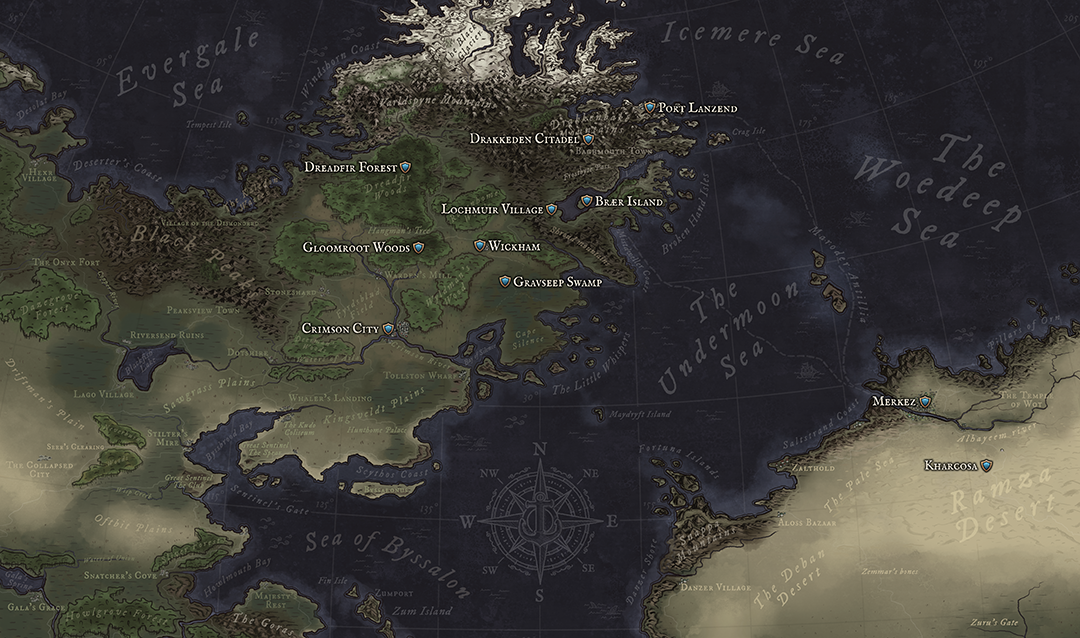
Note: This interview has been edited for clarity.
Winter Development Update
Hi everyone!
We can hardly believe it’s been over 5 months since the end of the Kickstarter campaign. The whole team is busier than ever!
We’re really excited to be able to bring you more news about things that have been going on behind the scenes since our last update.
Kickstarter backers can check out even more info over in the latest Kickstarter update, but here’s a little sneak peek that everyone can enjoy!
Development Update
We’ve been working hard to build up and flesh out further levels in the game, as there will be plenty more areas for you to explore than just the castle corridors and library that you’ve seen before!
In an early portion of the game, as you make your way to Braer Castle (home to the nefarious vampire lord and his minions), you may find yourself stumbling upon a group of bandits who are intent on destroying a camp. They’re not going to go down without a fight, so it’ll be up to you to stop them from plundering and burning down any more tents!
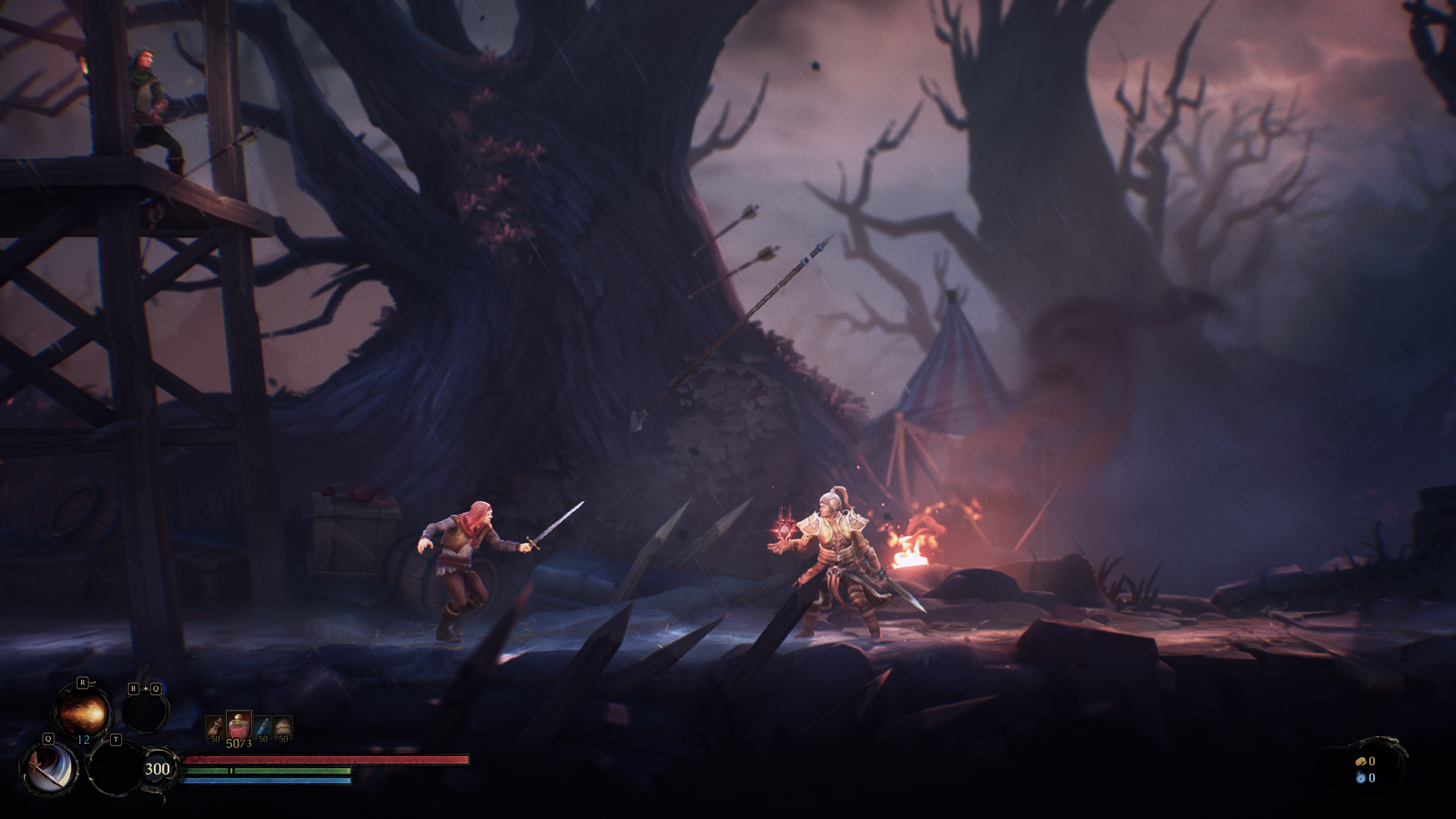
In the above screenshot, you can not only see some combat against those pesky bandits, but you can also get a glimpse of the look of one of the new environments we’re working on. We hope you’re looking forward to seeing more spooky, atmospheric places like this!
We’re also working on even more enemies!
You may have seen quite a bit of the castle so far, but there are still more areas within it that are still being worked on. An example of this is the creepy dungeon lurking below the stone walls of the castle, home to a necromancing boss who prefers their minions to be of the living dead variety. Here’s some spooky concept art of one of those minions – a skeletal bowman:
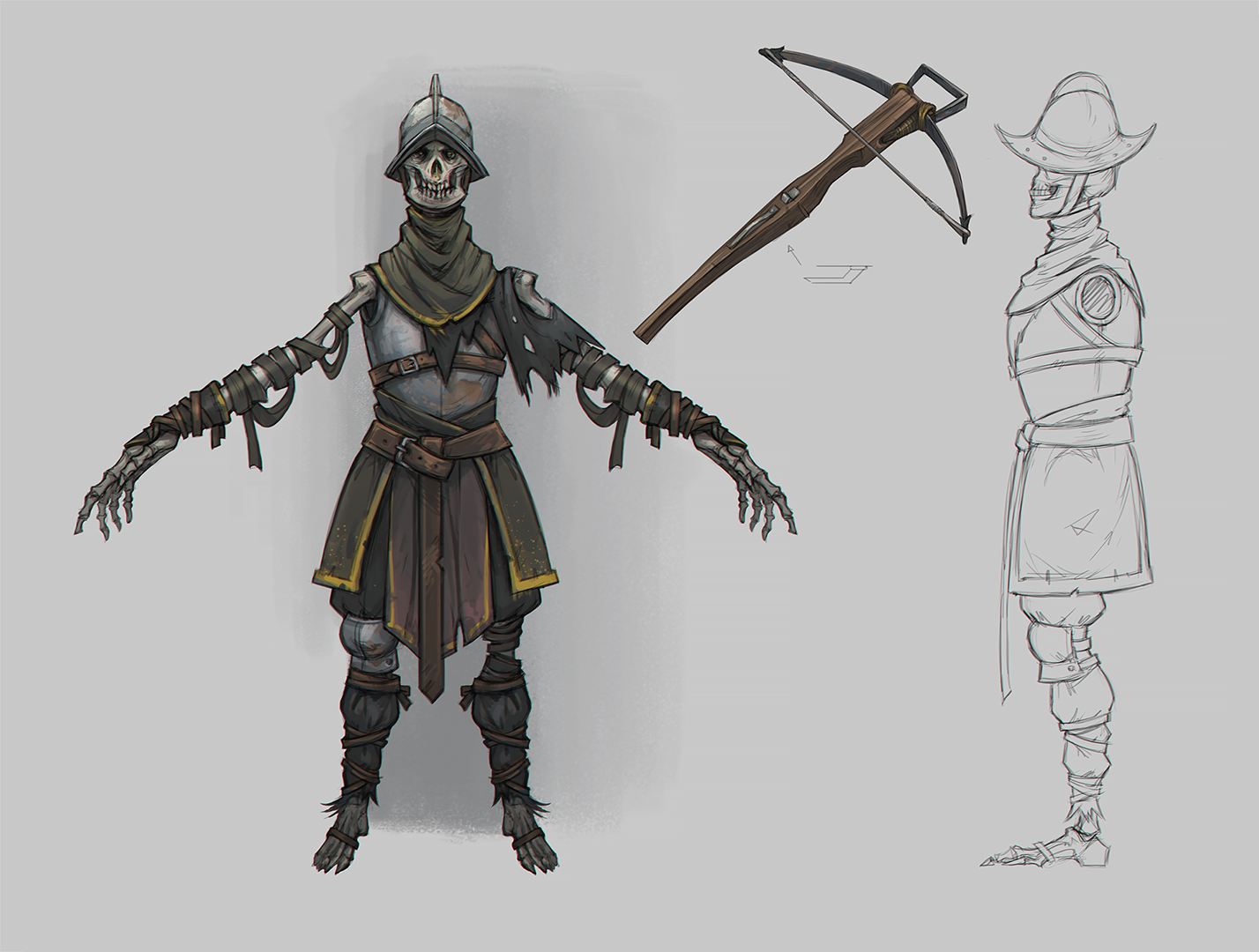
We hope you enjoy facing off against this fearsome foe!
Future Interviews
It was also great to see how so many of you liked our interview with our Narrative Lead, Brian Mitsoda.
We, of course, want to keep content coming that genuinely interests you, so if you have any suggestions for future interviews, like specific topics and aspects of game development that you’d like to read more about, please let us know in the comments and we’ll do our best to make it happen!
And that’s a wrap for today’s post!
If you have any questions or suggestions for things you’d like to see in the next update, please let us know in the comments or over on our Discord[discord.com].
You can also further support us by telling a friend about Mandragora and following us on our social media pages if you haven’t already!
Thank you, and see you next time!
A Q&A with Christos Antoniou, Mandragora composer
Hi everyone!
It's interview time again! That's right - we recently sat down with our amazing composer, Christos Antoniou, and asked him questions about everything from his career to his approach to Mandragora’s soundtrack.
And because we loved your positive response to the interview we conducted with our Narrative Lead, Brian Mitsoda, we wanted to turn things up a notch this time round.
That’s why this time, these interview questions came straight from our awesome Discord community! We wanted to make sure that you, our incredible supporters, got to have your say and get answers to some of your most burning musical questions!
So without further ado, let’s jump right into it!
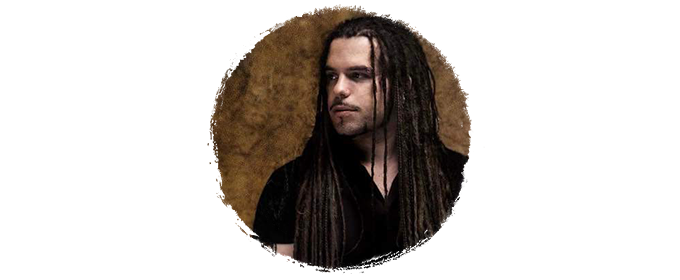
Hi, Christos! Thanks again for agreeing to this interview.
To kick us off, Discord community member “dropko” had plenty of great questions for you:
What led you to become a music composer?
Christos: Actually, I was a latecomer in music; just imagine, I started to learn the notes when I was 17. When I was 13, I bought a guitar and started to play some songs. In parallel with that I started to have an interest in heavy rock and classical music. I always admired how Bach, Mozart and Beethoven created such unique music. But the work that made me become a composer was “The Rite of Spring” by Igor Stravinsky. I was shocked like everybody else listening to this masterpiece - a revolution in music from every aspect.
How much do you take from game designers, sketches, art work, game mockups, to influence the music?
Christos: I try to get as much info as I can in order to research form, atmosphere and style. My research will cover various genres of music in order to collect the necessary material that will help me to create the appropriate atmosphere of the piece.
How easy is it to create a cohesive soundtrack when games go all over the place in locations and settings?
Christos: So far it has helped me a lot because I have freedom and I don’t have to follow a scene (like in films for example) but due to the large number of bosses I might face some difficulties later on. But that’s the challenge in music - always searching for the right path to follow. The journey is tough, and sometimes your inspiration does not lead you to anything, but a composer always needs to reboot their brain because you have to meet strict deadlines.

“_zso2” wanted to know:
Are there any non-musical elements you like to use in your music? For example industrial samples, animal sounds or any other sounds.
Christos: Yes, for sure. I use many “sound design” materials that will be effective. I have 2 Cane Corso dogs and I have already recorded their growls, and one of my assistants, a percussion player, under my guidance has recorded woods from his furniture in order to emphasize the wooden appearance of a boss. I am always searching for elements that can suit my needs.
“distractiondance3.0” asked:
What is your favorite genre of music to compose?
Christos: Many genres can intrigue me and are pleasant for me. Rock, Concert Music, Soundtracks, Video Games. Of course I can’t say that I am a fan of Pop music but if I have to compose a pop song, I will try to conquer it.
“J-dudd” had this to ask:
Who is your favorite composer? Both in regards to gaming as well as outside that scope.
Christos: My favorite composer is Igor Stravinsky but I have many others like Hans Zimmer, Eliot Goldenthal and bands like Celtic Frost, Metallica, Death, and Morbid Angel that have defined my choices and vocabulary in music.

“Sand Wraith” was curious to know more about your process:
How do you come up with a core melody?
Christos: Inspiration can come from everywhere. While I am outside, or playing the piano, or studying. You have to let your inspiration flow and then filter the ideas that you can develop with no limitations. The development also is challenging because the majority of times I will go back again and again to transform the melody into the personally ideal shape.
“Screwdriver” had a question about how Mandragora compares:
How is it different to work as composer for a game versus musician/singer for a band like in Septicflesh?
Christos: Very different. Septicflesh is teamwork, while for Mandragora although I have assistants, I have to compose a full OST from zero. It is more demanding and more difficult for sure. Also, I have “freedom” to move as I want and that sometimes is on hold on a Septicflesh song. For example I can develop a melody, expand or compress the form on Mandragora whereas on a song from SF I have to be less “flexible”.

Finally, we had one last request for Christos, as we wanted to share something especially exciting with you: a sneak peek of the Mandragora soundtrack!
We really hope you enjoy this short snippet of the the Mandragora menu track demo:
https://christosantoniou.bandcamp.com/track/mandragora-ost-main-menu-midi-mockup-preview
…And that’s a wrap!
Thank you so much for checking out this latest interview, we hope you enjoyed it!
Special thanks to everyone who submitted a question on our Discord! It was awesome to see all your creative and curious questions.
And we’re delighted to now announce: our next written interview will be with the inimitable Aysha Selim!
So if you have any questions for this incredible voice talent (who will be voicing a major character in Mandragora!) please submit them over on our Discord server by July 17! You can join the Discord, by clicking here[discord.com]!
Summer Development Update
Hi friends!
Time for another development update!
We know it’s been a while since we last gave you a more in-depth look at how development is going on Mandragora, so we really hope you enjoy today’s post highlighting some of the cool stuff we’ve been working on!
As we know you’ve loved getting peeks at some of the various areas you’ll be able to explore in Mandragora, so here’s a special look at one we’ve been working on recently and are particularly proud of - the Cog Room!
The huge fiery furnace found here is continually fed with coal by a large pack of zombie servants, all of whom are controlled by a huge humanoid monstrosity. Not exactly a great vacation destination!
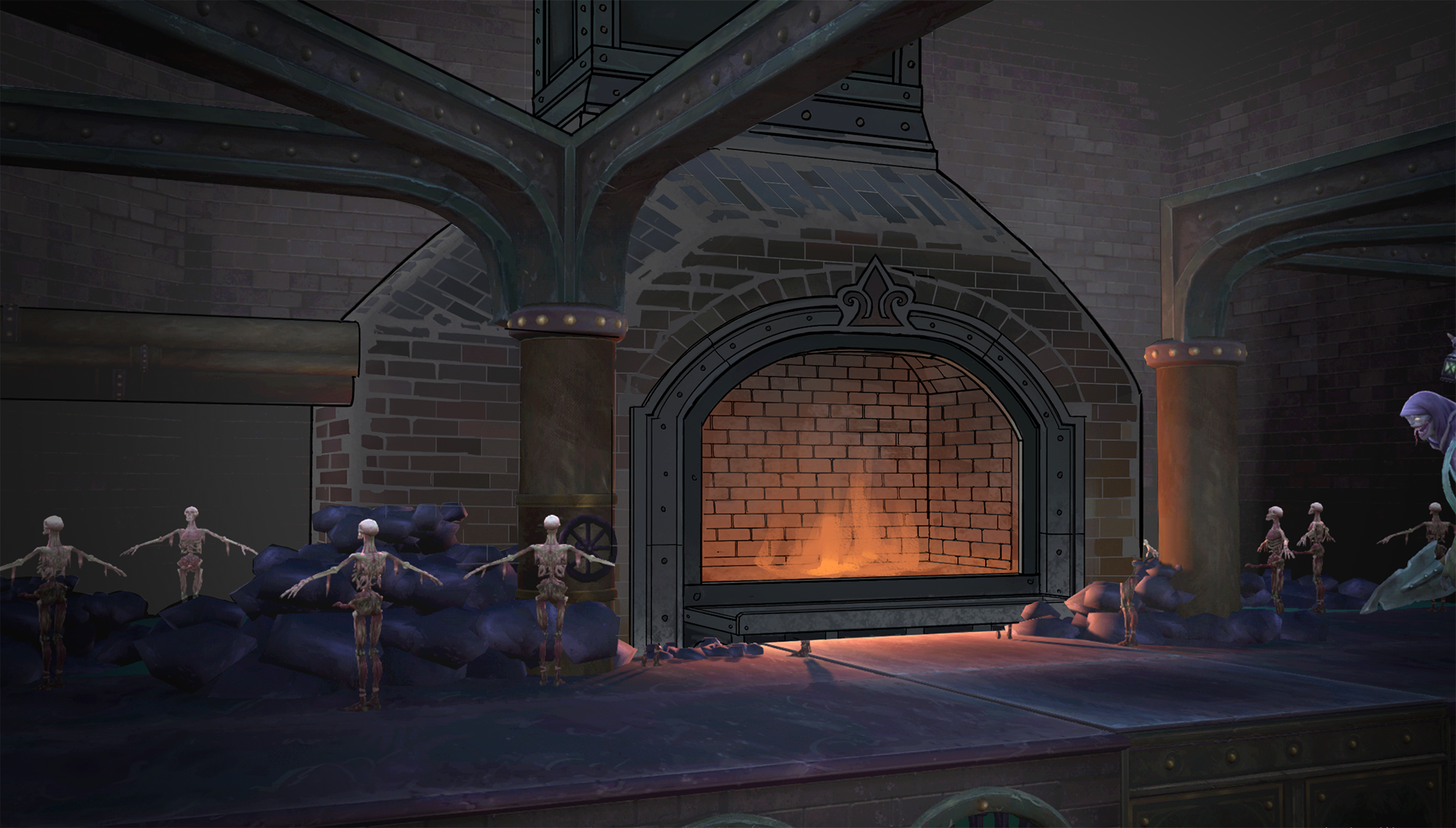
What begins as a rough draft…
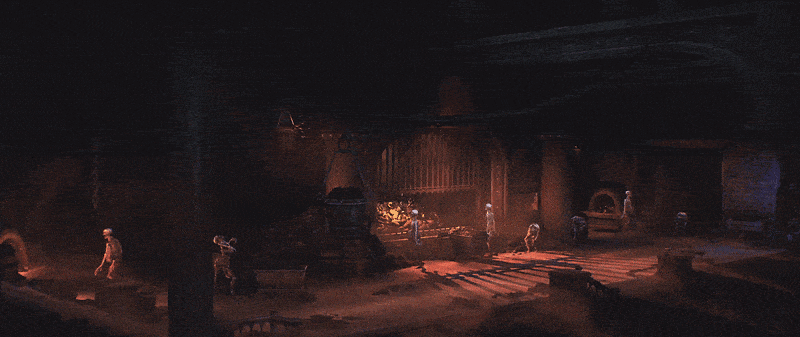
…is turned into a fully realized 3D area to explore and battle in!
And obviously, when you enter a spooky area like that full of vicious enemies, you’ll need to make sure you’re prepared for a fight.
Things like sturdy armor and heavy swords can all come in really handy - just as your skills do! Active Skills will be easily managed on this screen:
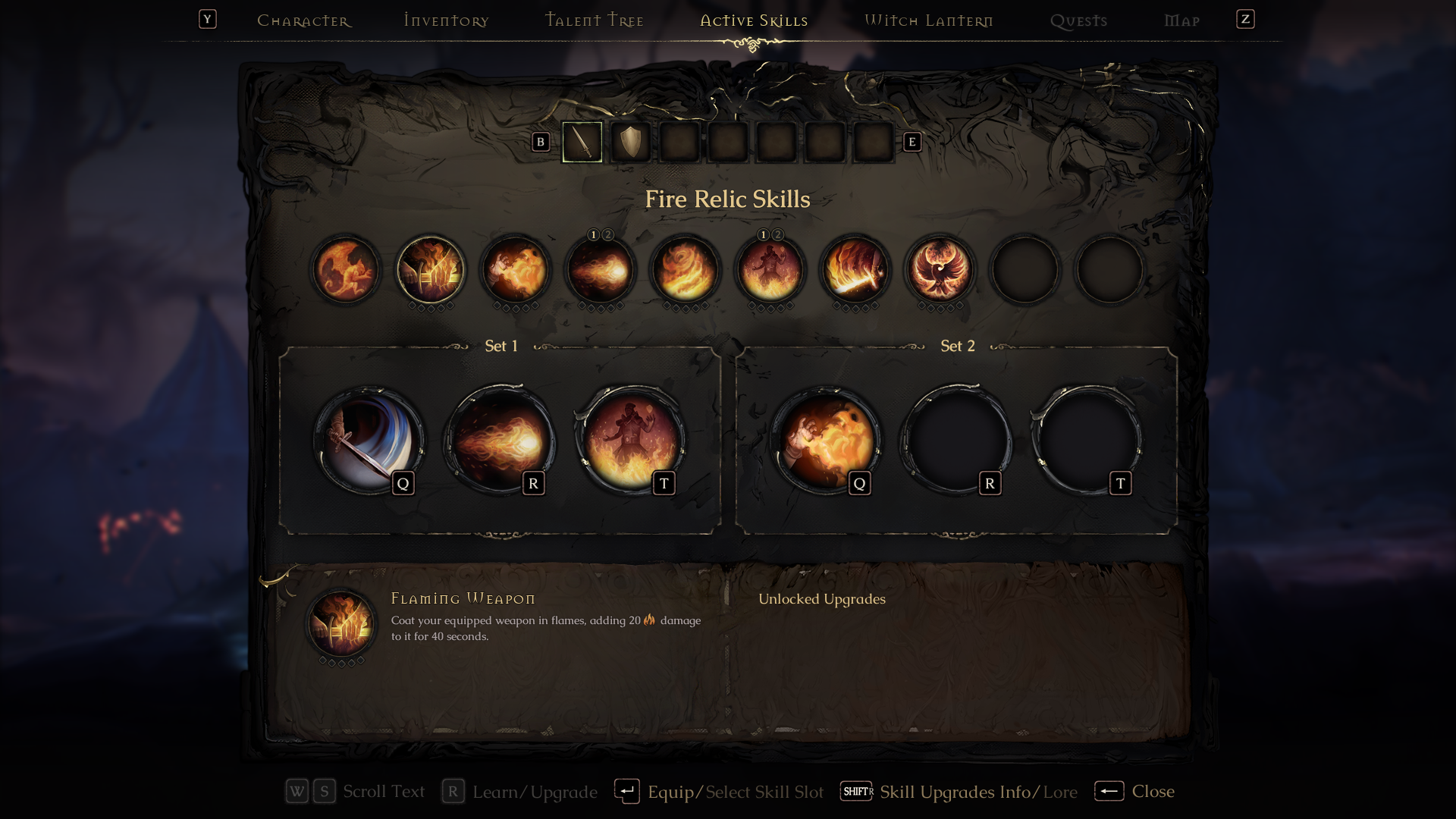
Here you can modify your 2 active skill sets, each of which contains 3 skills. In the bottom left, you get extra info on exactly what that particular skill offers you (like being able to engulf your sword in flames, for example!) while the bottom right shows the upgrades for that skill.
We really hope you’ll enjoy picking and choosing from the many available active skills to create your ideal build!
But of course, game mechanics are only made cooler when they’re accompanied by an interesting narrative, and that’s another thing we’re very hard at work on!
Together with our Narrative Lead Brian Mitsoda, we are also putting together a pretty intense intro cinematic that will kick off your adventures in Faelduum.
Here’s a special work-in-progress sneak peek of the cinematic that we hope sparks your imagination and gets you guessing as to what will be going on here!
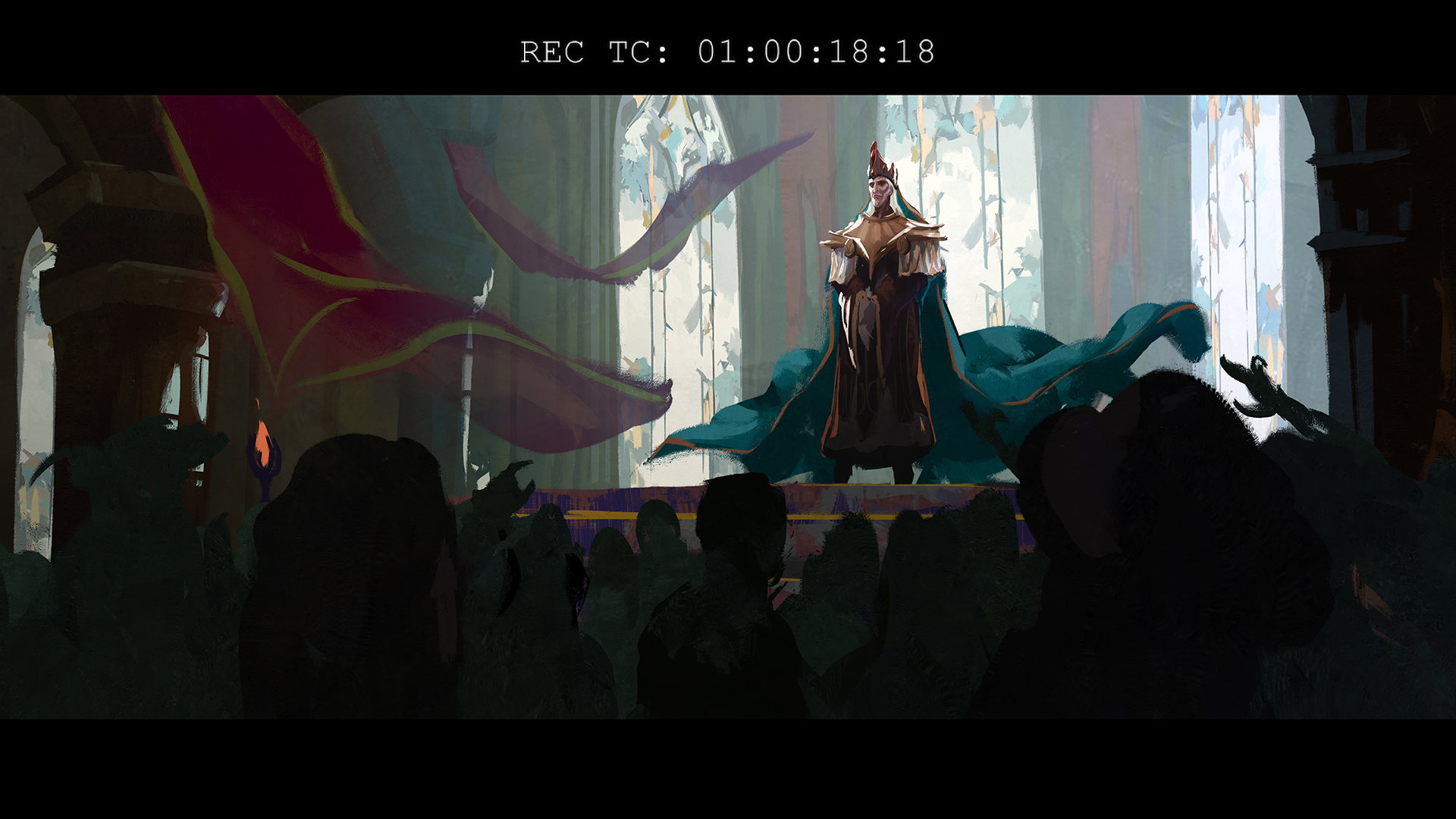
We hope you enjoyed this update!
Interview with Aysha Selim, voice of a major character in Mandragora!
Hi everyone!
Time for another exciting interview!
This time, we sat down with the incredible Aysha Selim and asked her questions submitted by you over on our Discord server[discord.gg]. Thank you to everyone who sent in their questions! We really love hearing from you.
We also hope you enjoyed our previous interviews with our Narrative Lead Brian Mitsoda and our Composer Christos Antoniou. Be sure to check those out too if you haven’t already!
Without any further do, onto the interview we go!

: Tarek Aziz
Hi, Aysha! Thank you for taking the time to sit down and chat with us.
Discord community member “dropko” had quite a few great questions about your career:
How did you break into doing voiceover for video games? Was it intentional or by chance?
Aysha: Actually, it was by chance. I’ve been working in the sound/dubbing business since 1997. First, as Disney Character Voices International’s Creative and Operation Manager for the Arabic dubs until 2006, then as co-partner in the localization Company Masreya Media from 2007-2017 as Head of the Dubbing Department. In 2016, in my job capacity we had been requested by a client to cast the role of Ana. It had to be a mature voice with good English (no British or American accent) and whose mother tongue is Egyptian Arabic. We did send the client voice samples, which they didn’t like that much, so a colleague at the office suggested I tryout. So I did it from the couch of my home on the phoneSurprise… surprise, I was approved the following day. From there, I ventured into the voice acting world. By 2017, as planned prior to voice acting, I limited my work at Masreya Media to Dubbing consultancy.
How important is collaboration with the game directors, developers and designers in creating the right voice?
Aysha: Extremely important. During recordings, there is the director and the writer and also a sound director for all the screams and other sounds. Together they guide the performer. It’s not like working on a movie or series script, where there is a dramatic line that you can read beforehand. The lines might seem just random, so a performer would need context and to stay consistent with the voice.
Do you believe your acting should affect in any way the characters' design or do you prefer something fully laid out?
Aysha: When it comes to Art, there is no “fully laid out”. There is always room to bring something of you to the character, as long as it is in line with the initial character’s design.

“truthell” asked:
Do you have access to images or videos of your character before and during your voiceover?
Aysha: Mainly images. Anything available at the time of the recording is being shared with me.
And “J-dudd” wanted to know:
Are there any specific voice performances you are taking inspiration from?
Aysha: One should be able to take inspiration from everything. It could be the performance or the actual recording experience.
“dropko” wanted to get your thoughts on a hot topic:
Many "movie stars" very often voice over for animated movies and some even do for video games as well. As a voice actor, how do you feel about this?
Aysha: It’s always great for animated movies from a business perspective, but sometimes it poses a lot of difficulties due to movie stars’ schedules, especially with sequels. However, for video games, I feel it’s more of a mystery to have the characters voiced by non-movie stars in order not to have the image of the movie star in mind when hearing the voice. Voices are very powerful in themselves when you don’t have an image.
And “Sand Wraith” had another topical question:
How do you think AI based speech synthesis will affect the career of upcoming voice actors in the next 5 years?
Aysha: It will definitely have an effect, but not for major roles or deep performances. No matter how advanced AI is, it cannot replace the soul of a human being performing.

“dropko” wanted to know:
You started big with hugely popular games like Overwatch and Heroes of the Storm. Did it change your opinion on the role and importance of voicing a video game character?
Aysha: Absolutely not. All big names started somewhere and working with a new company has the advantage of being part of the team. I saw Mandragora growing from scratch and it feels like watching a baby grow and it’s thrilling to be part of that journey.
Before Overwatch, I had no idea about how huge video games are. Now, I can see how it is a world of its own and how the characters do inspire people.
“Screwdriver” was curious about the following:
What, in the Mandragora Universe, prompted you to participate in its dubbing? What were the differences with your previous works for Overwatch?
Aysha: Overwatch was an already established game, so of course Blizzard. I jumped aboard. With Mandragora there was something fresh. The team that contacted me was very genuine and so passionate about what they do. Passion is contagious and I was hooked. It helped of course that the prelim images and music were perfect! and in my mind I thought “this is going to be BIG” and I want to be part of it.
Finally, to close this interview off, “dropko” also had a question about your work on Mandragora:
Can you tell us a bit about your character in Mandragora and what challenges you are finding in voicing her?
Aysha: I just had my first recording session. The first challenge was finding the right voice. The voice had to be non-Ana, yet it had to be MY voice. The second challenge was understanding the character. It’s a very mysterious character, which will allow me a lot of exploration. I fell in love with her immediately and had loads of fun voicing her.
And that’s a wrap!
We really hope you enjoyed this interview with incredible voice talent Aysha Selim.
Special thanks again to everyone who submitted a question!
We look forward to hearing your thoughts right here in the comments or over on our Discord[discord.gg]!
If you’d like to further support us and our game, please tell a friend about Mandragora and give us a follow on social media!
Until next time!
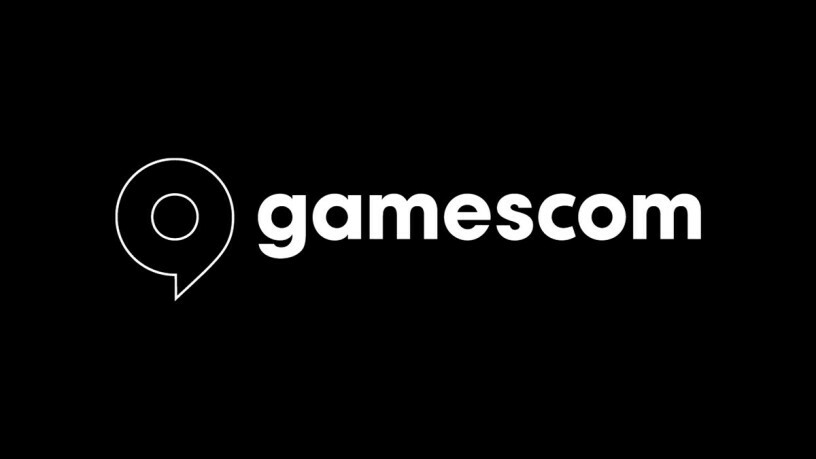
Attending Gamescom? Don’t forget to check out Mandragora!
If you’ll be attending Gamescom (August 23-27), be sure to drop by our booth and check out Mandragora! You’ll be able to find our game and even try out a public hands-on demo at Koelnmesse’s Hall 8.1, booth C-020!
This week we are at gamescom!
Hi friends!
We are at gamescom this week with a short show floor demo for Mandragora so if you're missing out on the event, you can watch a playthrough of an extended version of the demo here for this week!
Or you can see our latest trailer which we debuted at Opening Night Live:
October 2023 Development Update
Hi, friends!
Time for a new development update!
These past few months have been especially eventful for Mandragora. Especially back in August, when we had a booth at Gamescom, had our latest trailer featured during the ONL 2023 Pre-Show, and shared a first-try demo with Kickstarter backers and media!
If you didn’t get the chance to play that latest exclusive demo, we’ve now also uploaded a lengthy gameplay video of the demo over on our YouTube channel, so be sure to check that out by clicking on the image below!
Reaching the stage where we’re able to share this with you is a great milestone for us and our game. It’s been a key focus for us over the last few months, and we’re really looking forward to sharing even more Mandragora with you in the future!
So it only makes sense that this latest development update is also focused on the big bad boss you meet at the end of the Tutorial portion of that demo: the Warg!
So… how does a Warg become a Warg?
With the Warg, as with most of the characters and beasts featured in Mandragora, their existence began as an initial idea translated to concept art.
Once we have the base concept for the character - in this case, the Warg - established, then we can work on the next steps that help bring them to life.
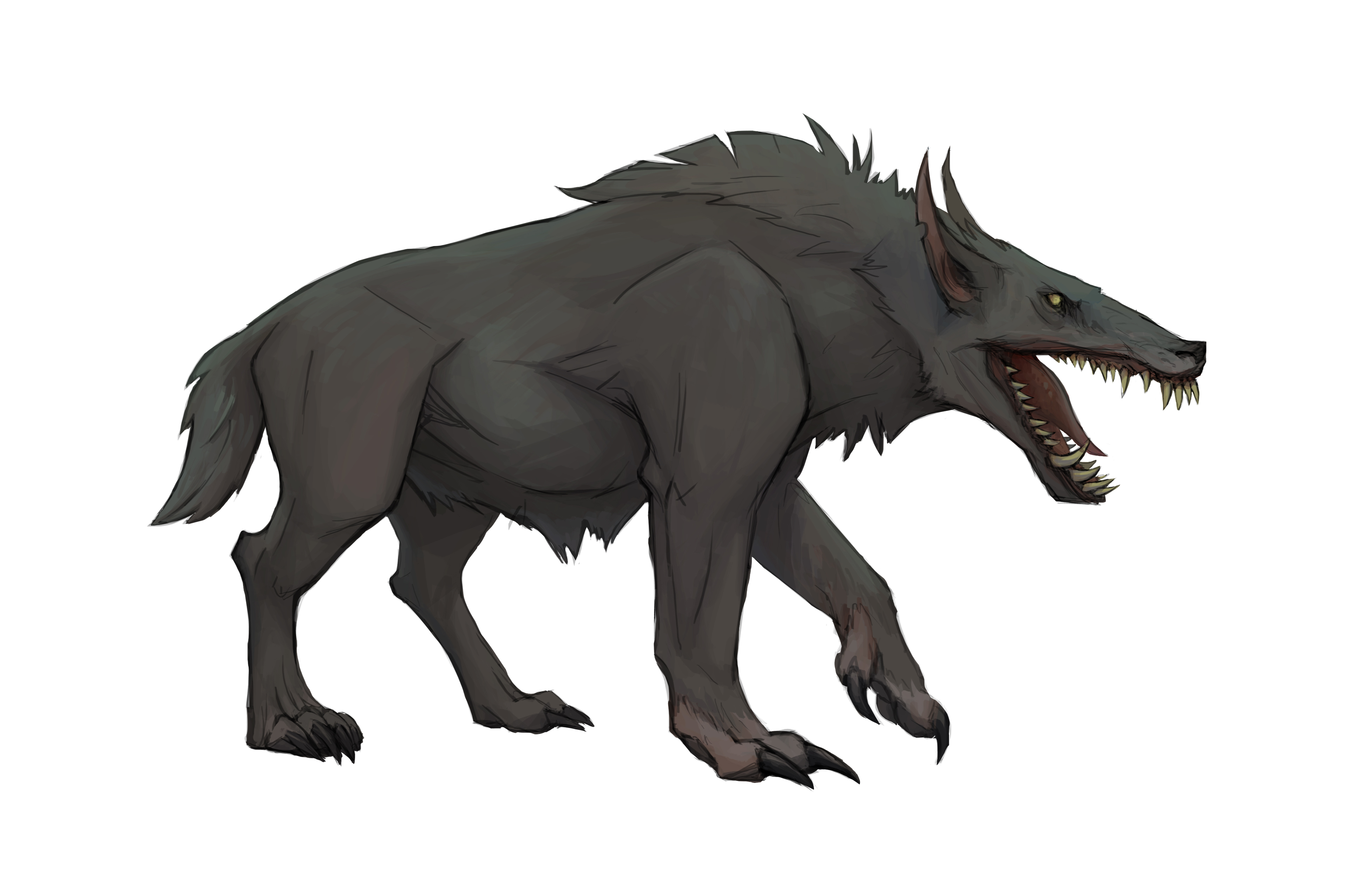
For our studio, there is a lot of collaboration between the various teams involved so we can ensure that the end result is the best one possible.
Once those steps are done, we have a kickoff meeting to discuss the next steps and how to best turn the design vision into reality. We then get to work on those next steps!
- Gameplay and character ability design: This is where we ask ourselves the big questions about their behavior, especially during combat. If they’re a boss, does their fight have multiple phases? What attacks do they have? Can the player parry or dodge them?
- 3D modeling: We also work on the 3D model for the character at the same time. This step is crucial as it brings the character to life, taking it from a 2D drawing to a 3D model. Because while Mandragora is a 2.5D game, all of our characters are fully 3D!
- Rigging, block animations, and temporary VFX: Our awesome animators brainstorm together on how they could best bring this creature to life. What do their movements look like? Is it purely a vicious beast, or does it think more tactically? How can the animations and VFX reflect that?
- Gameplay implementation: This is worked on in parallel to the above - it’s when we essentially add the logic behind the character model, to make sure it’s not just a pretty face. By implementing the relevant code in the Unreal Engine, we can set behavior for the given character, like what attacks they can use and when.
- Textures and fur simulation: These are added to the model to further help bring them to life. While not all of our characters have fur on them, it was really important to us that we make our furry Warg look exactly that: furry!
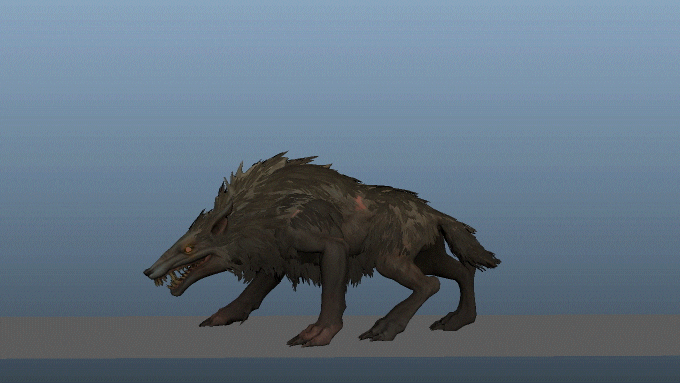
Then, once all these steps are put together, we achieve the creation of the character that you’ll meet - and battle! - when you play Mandragora.
- Final animations and VFX: Now that the foundation has been laid, we work on final animations, making sure that they feel smooth and lifelike. We also add VFX here - which is particularly important for any of our characters with glowing magical parts!
- Final polish: This is when we make all of our final polish efforts that help all those other steps that we worked so hard on come together nice and neatly. This includes ensuring that gameplay works well and feels balanced, as well as polishing up all the visual aspects like textures, animations, VFX, etc.
- Audio and sound effects: Because a Warg without a menacing growl is no real Warg at all, right? Making sure each character sounds the way they should is another crucial step in helping said character really come to life.
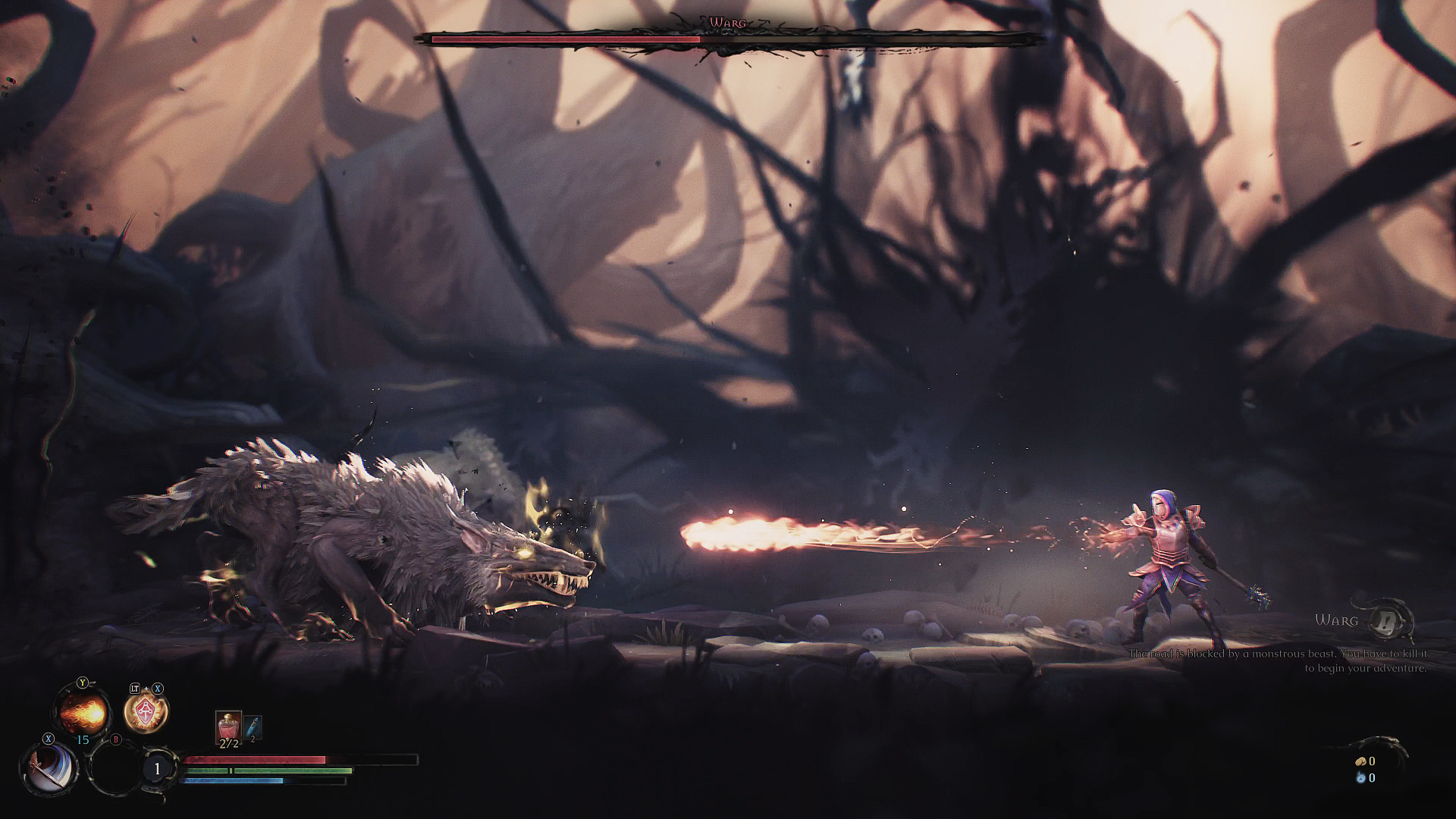
And the fight against the Warg consists of 2 phases:
We hope you enjoyed getting a deeper look into development, and more specifically, what the process looks like for the creation of each character in the game.
- In Phase 1, it has various attacks it'll use to try to get the best of your character: Bite, Turn Bite, Dash, and Entropic Fissure Howl.
- Then, in Phase 2, it turns things up a notch by becoming much more agile - as well as utilizing its vicious Leap Attack!
We also really hope you’ll enjoy facing off against the fearsome Warg!

And that’s a wrap for this update!
Thank you so much for all your support. We really appreciate it!
Please let us know what you thought of this development update in the comments below.
And if you have any requests for future updates, please don’t hesitate to suggest them! We love hearing from you.
Until next time!
Switch up your spells and skills at checkpoints and choose which of your faves you want to take with you!
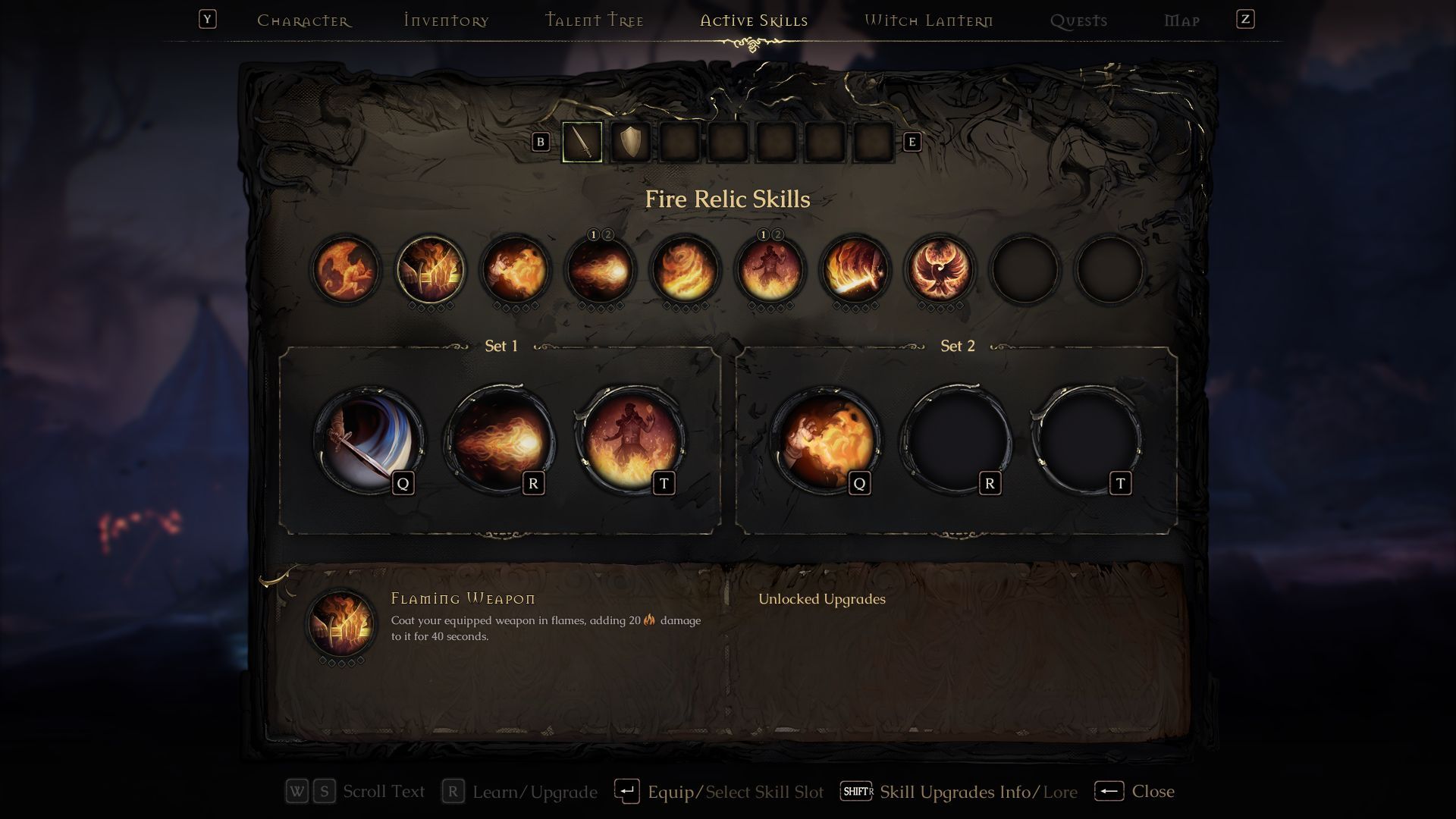















Development Update
Hi everyone!
It’s development update time again! We’re super excited to be able to share another sneak peek into development with you, as well as a bit more info on where we’re at with various aspects of the game.
Big Bad Bosses
We’ve shown a few sneak peeks before of the various enemies you can expect to encounter, and we’re now finalizing the rest of that gallery of villains with plenty of brutal bosses.
Our original plan was to include 10 bosses and 5 mini bosses in the game. However, in the meantime, we realized that there were way more cool beasts and foes we wanted to include to make Mandragora feel even more epic: that’s why we’re now working on including a total of 15 bosses and 19 mini bosses in the full game. Which means plenty more opportunities to try out your strongest loot and face off against challenging foes!
Just make sure you always time your attacks well, prepare your loadout, and get to know your enemy, otherwise it won’t end well… but at least the beast will be well-fed!
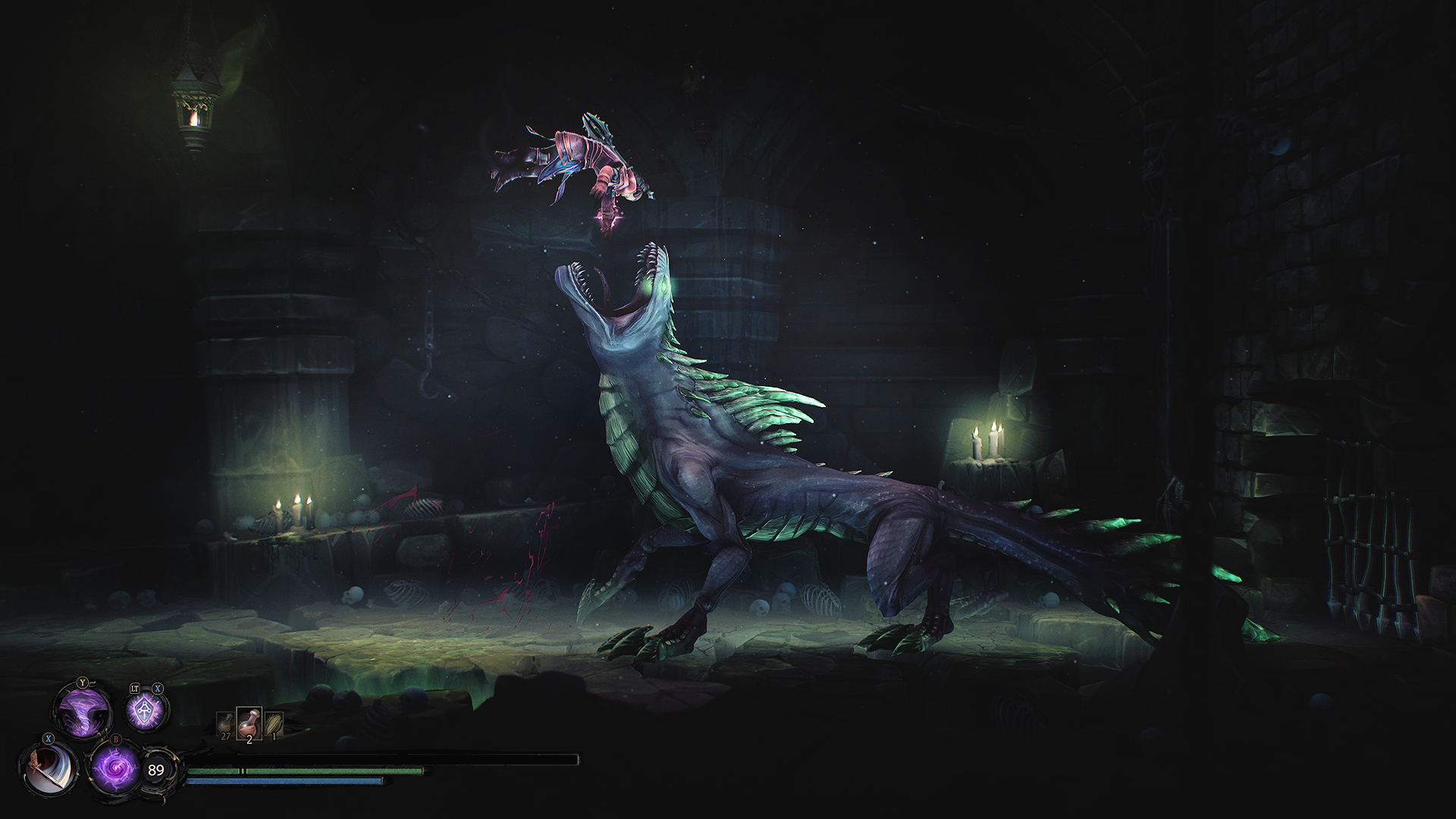
The Fine Folks of Faelduum
We talked a little in our last update about where we’re at with the many narrative aspects of the game, including the various characters that populate Faelduum, the world of our game.
Some NPCs you speak to will act as vendors, so you’ll be able to buy and sell useful items and equipment from them. Others will act primarily as quest-givers, often asking for your help in defeating a great evil or simply bringing them a treasured item.
And some will have more mysterious motives…
The localization process is also now well underway, as we work with a professional team of translators to get all that narrative gold (as well as all the less “exciting” stuff, like UI buttons!) skillfully translated into other languages.
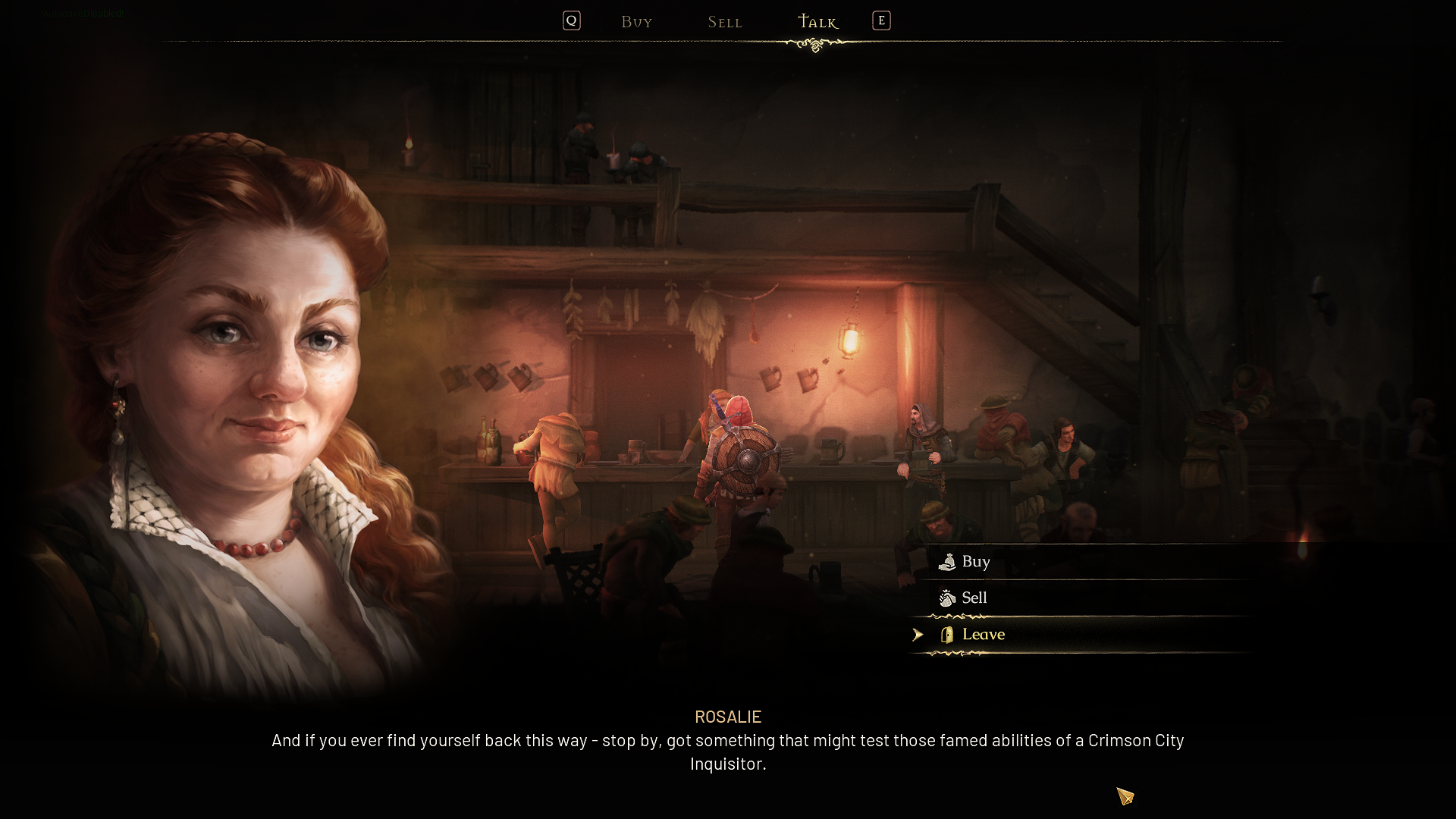
Tricks of the Talent Tree
We know many of you love a good Talent Tree (so do we!), so it’s important for us that all the skills available there are fun, balanced, and can be used to create satisfying builds.
You’ll be able to choose which Active Skills you want to have to hand, so remember to customize your current loadout to make sure you use one that best suits the latest challenge you’re facing!
There are also different categories of Skills available - like Astral Skills, which can help you bless your weapon with powerful light to deal even more damage, among other perks!
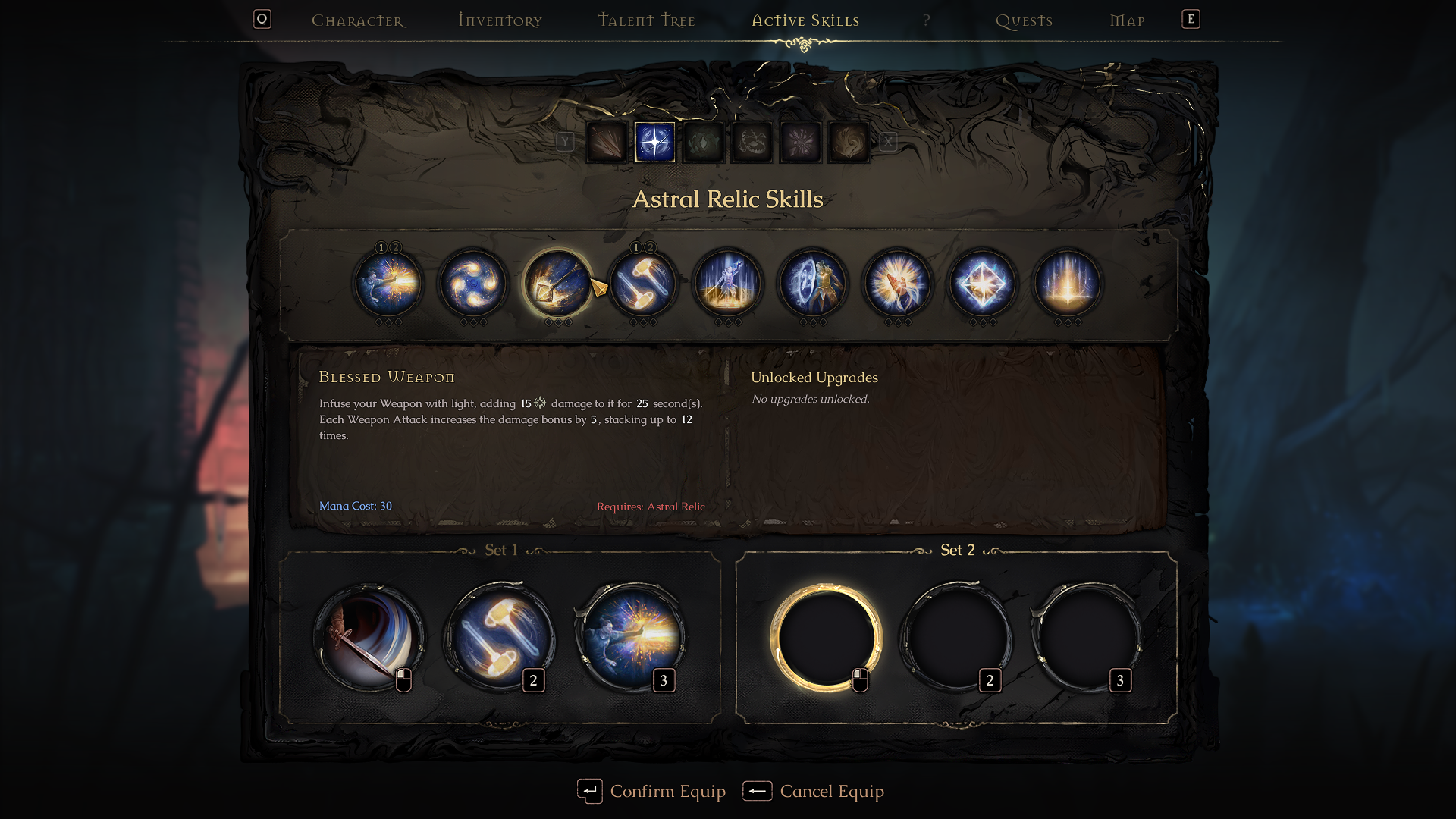
Atmospheric Areas
Of course, fancy skills are most useful when you can deploy them against enemies, and we all know that it’s also way cooler if you have an epic backdrop to those battles.
That’s why another core thing we’re working on right now is further improving the appearance of our existing levels. That means things like polishing the VFX and tweaking the lighting of environments while still making sure the action is always front and center!
We’ve always wanted to make sure Mandragora is a game that looks super visually appealing, and we’ve been super happy to get feedback from you that we’ve been hitting the mark so far.
And that’s definitely something we want to keep up, regardless of whether you’ll be wandering around a spooky castle or a murky swamp!
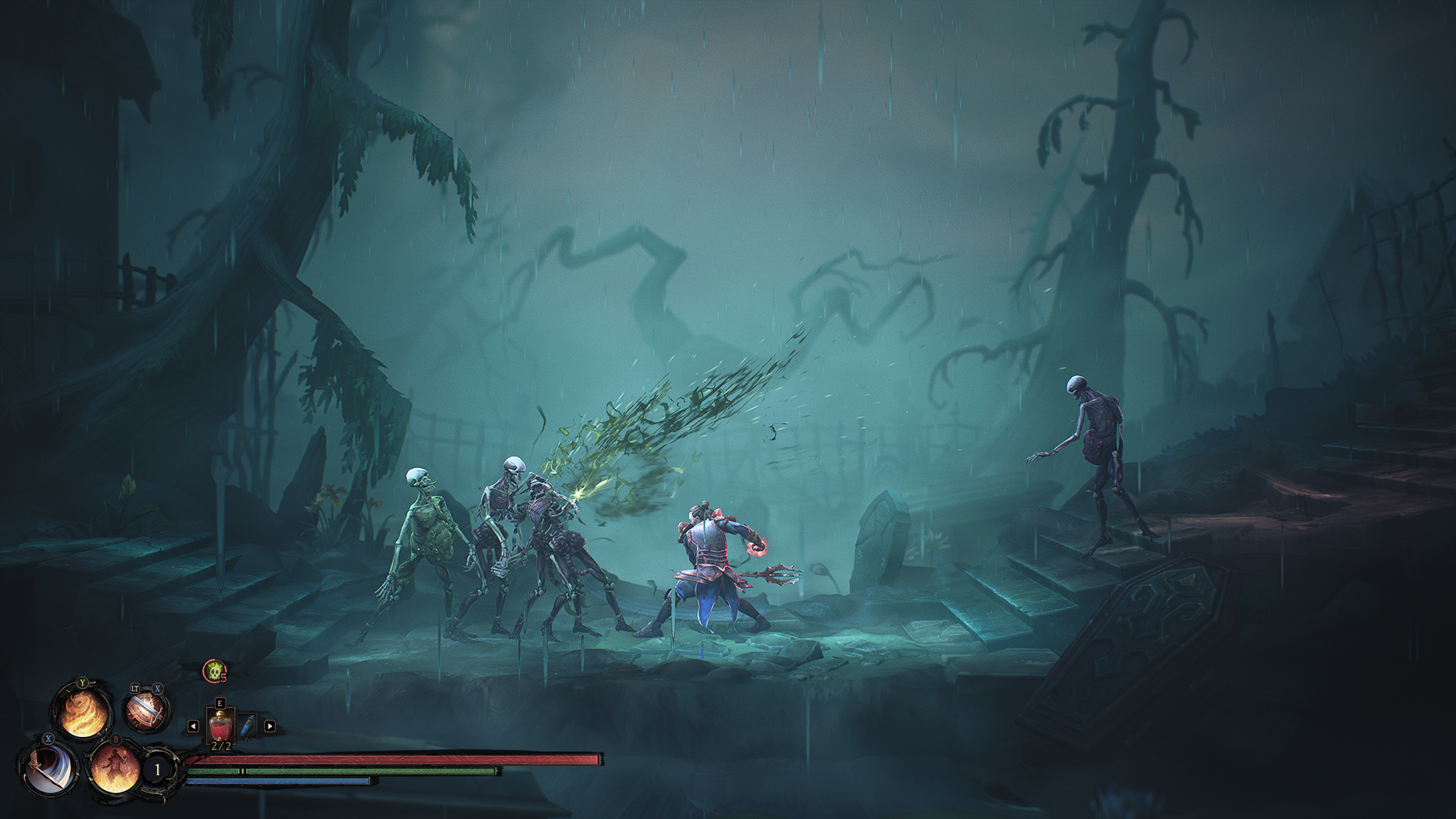
In addition to all that shiny stuff, we’re also continuing to work on getting more news to share with you regarding when you can next get your hands on the game.
There are a lot of moving parts that go into decisions on the timing of things like that, especially now as we’re working alongside our new publisher, but as soon as we have any news to share, we’ll be sure to let you know in another update!
In the meantime, we’d just like to thank you for your continued patience and support as we work on making Mandragora the best it can be.
















Dev Diary #1 - Gear Progression
Welcome to the world of Mandragora! This series of ‘Dev Diary’ posts will take you behind the scenes and give you a more in-depth look at all the cool features you can expect from our game as we get closer to release.
•────────────────────────────•
Hi everyone!
We hope you enjoy this first post in our brand-new Dev Diary series where we’ll be highlighting various key aspects of our upcoming game to help you gain extra insight into what to expect from Mandragora.
Today’s topic: Gear Progression!
Your character power in Mandragora comes from 3 different systems: unlocking Talents in the Talent Tree, learning and upgrading Active Skills, and last (but certainly not least!) from equipping gear.
Items are a huge part of the game: you can find, earn, or craft over 350 items and 110 consumables & enchants during your adventures.
And with all that in mind, it’s time to talk about Gear Progression in Mandragora!
How does gear work in Mandragora?
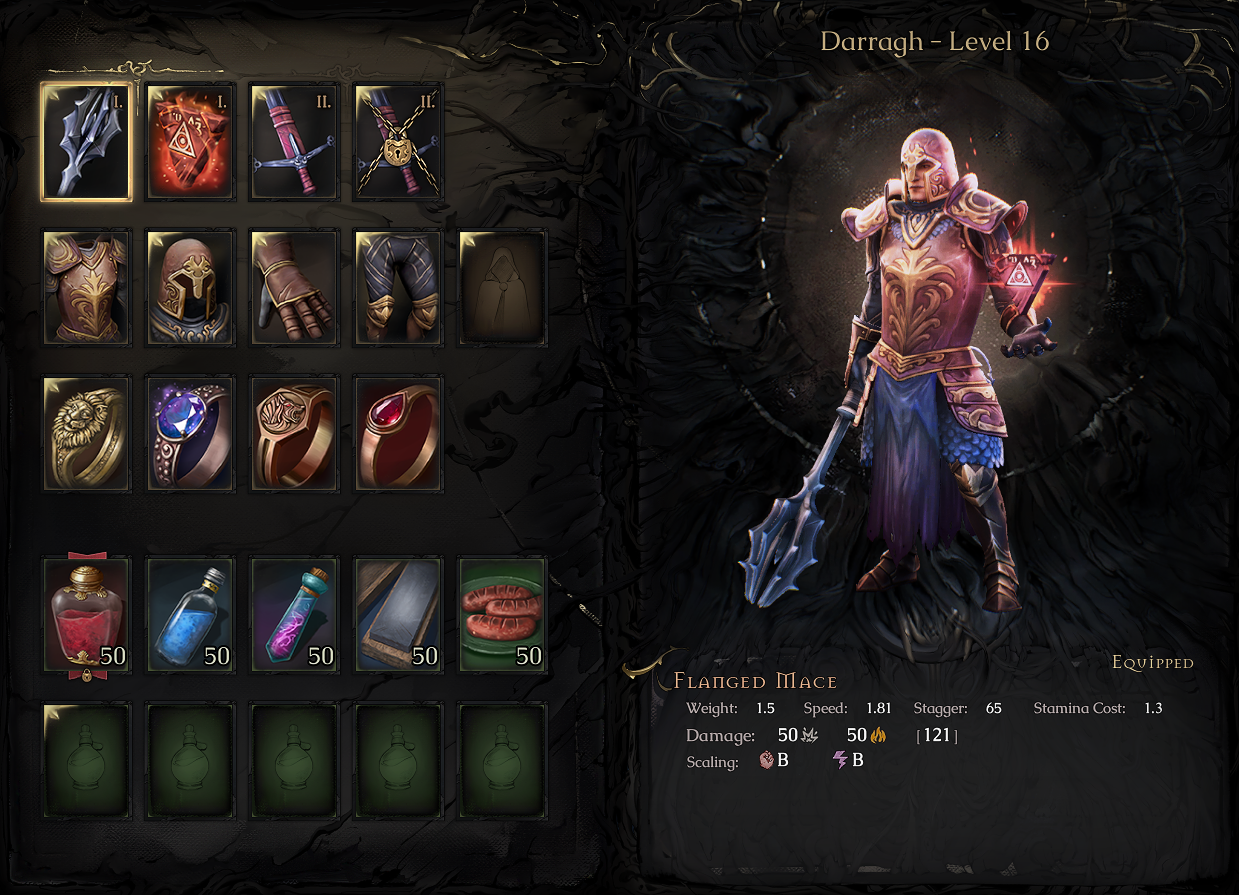
There are multiple Character Item slots where you can equip gear:
There are various Weapon and Armor Types available for you to equip:
- Main and Offhand slot for Weapons, Shields, or Relics (2 weapon sets)
- Body, Head, Hands, Leggings, and Back slots for Armor Pieces
- 4 Ring slots
- 1 Flask + 9 Consumable Slots
Each class has a default starting weapon setup - but all classes can learn to use any of the weapon types, so you can wield what works best for your playstyle.
- Main Hand: 1H Mace; 1H Sword
- Both Hands: Dual-wield Daggers; Greathammer; Greatsword
- Offhand: Light and Tower Shield; Fire, Astral, Chaos and Wyld Relics
- Armor Types: Cloth; Leather; Mail; Plate
Now, let’s look at the stats on a Weapon:
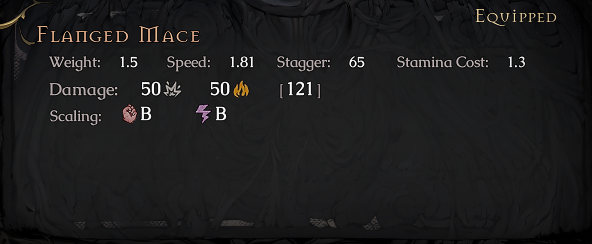
- To equip a certain item, you need to have enough Equip Load. The Weight of all equipped items are added together to calculate this value.
- Speed indicates the attack speed of a weapon in Hit/Seconds.
- Stagger is the amount reduced from an enemy’s Poise with 1 hit. When it reaches 0, the enemy is Staggered. Maces are usually slower than swords - but they also have higher stagger values.
- Stamina Cost is a multiplier of the base stamina cost of an attack. In general, heavier weapons use more stamina.
- Damage indicates the different damage value and types of a weapon. In this case, the Flanged Mace deals 50 Physical and 50 Fire base damage. In brackets, you can see the total damage of the weapon which is Scaled by the stats indicated in the last line: Strength and Power.
And here’s a look at an Armor piece:
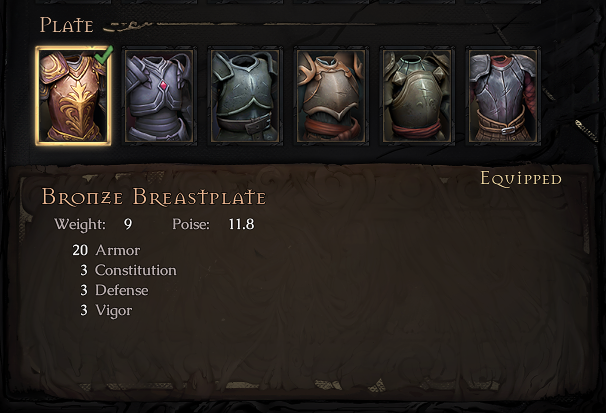
This is a Plate Chest armor. Just like weapons, it also has a Weight stat.
It also has a Poise attribute which increases your total Poise, making you more resistant to enemy stagger attacks.
Each Armor piece has an Armor value as well, which reduces incoming Physical damage.
The rest are Attribute bonuses: Constitution increases Health, Defense increases Physical and Magical resistances, and Vigor increases Equip Load.
All of these attributes have secondary effects as well, which you can check in the Glossary:

How do I get cool gear?
There are 3 ways to acquire new gear in Mandragora:
Crafting requires a lot of materials, but this is the most reliable way to get a certain weapon or armor piece. Crafting and teaching new diagrams to vendors increases their level - and the higher their level, the better gear they can craft.
- Crafting
- Killing enemies
- Exploring and Completing Quests
You will also find items dropped by certain enemies. Some enemies can drop their full armor sets and weapons.
So if you really want to look like a Hollowplate Sentinel, you can defeat them and take their armor:
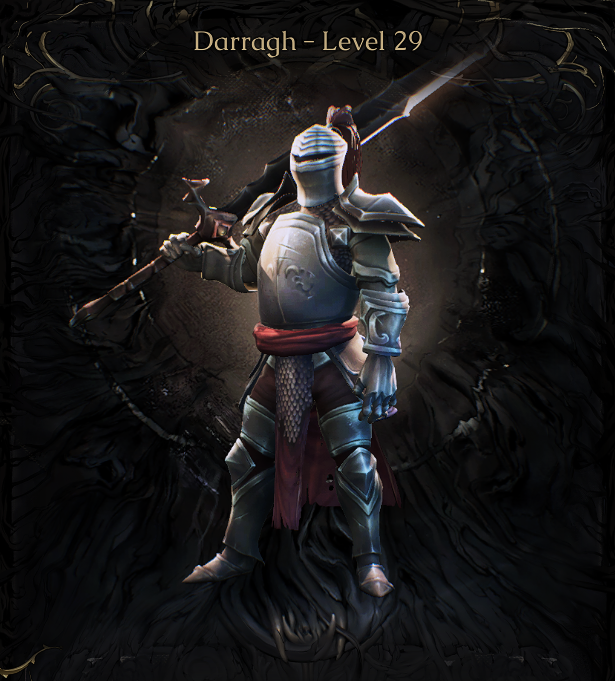
Exploring the world, opening chests and completing quests will also provide you valuable items. So always make sure you bring some lockpicks with you!
Sweet, I’ve got some new gear. How do I decide what to equip?
As you progress and acquire new items, you can compare them to your currently equipped ones:
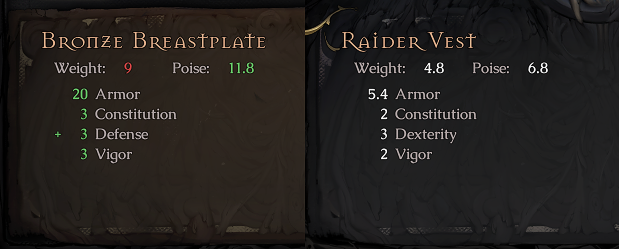
You can see the new item on the left, and the currently equipped item on the right.
Green numbers indicate that the new stat is better than the current one. A plus (+) sign before the number indicates that the currently equipped item doesn’t have that stat.
Always look for stats that support your character build, and item types that match your playstyle. If you have a weapon which scales with Dexterity and Spirit, then it’s better to keep an item with Dexterity attribute, than to replace it with a Strength one.
And it’s always a good idea to keep items with special (Non-Attribute) bonuses (like Armor Penetration or Move speed) on them, which you might want to use later or in certain Boss fights.
Keeping all that in mind, let’s compare 2 late-game 1H Maces:

As you can see, Emerald Dream has better base stats (45+170 damage), but for our build it is overall weaker than Pandemonium (240 total damage vs 306 total damage).
However, if we use a different build, it might actually be the better choice, regardless of its slower speed and higher stamina consumption.
When you switch to a new weapon, always hang on to your old one for a little while - just to make sure you definitely like your new weapon better.
Can I make my gear even more powerful?
If you acquire a new enchantable item - a Helm, a Chest Armor, or a Weapon - it is always a good idea to apply an enchant on it provided you have the materials.
Enchanting makes items even better and can mean the difference between victory and defeat!
You can enchant items at the Occultist. The higher his level is, the better the enchant he can craft for you.
Let’s take a look at an early-game Chest Armor enchant:
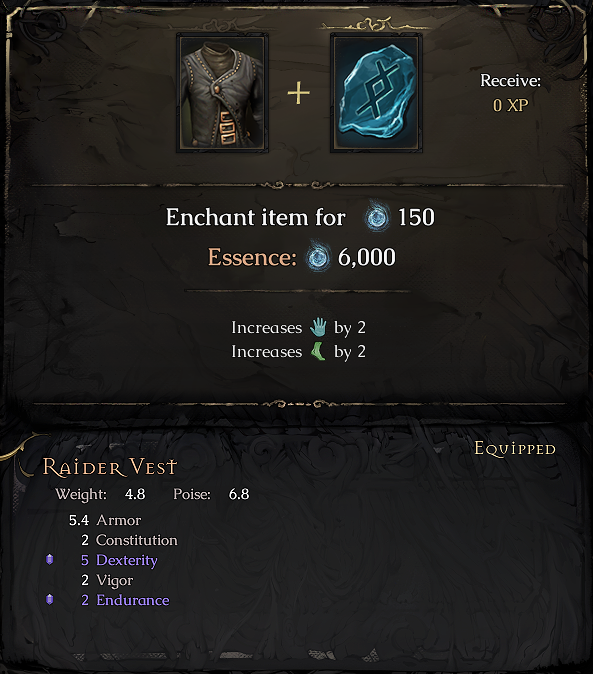
As you can see, the increase is quite significant, as it provides a +4 level up worth of attributes.
Now, let’s look at a late-game weapon enchant:
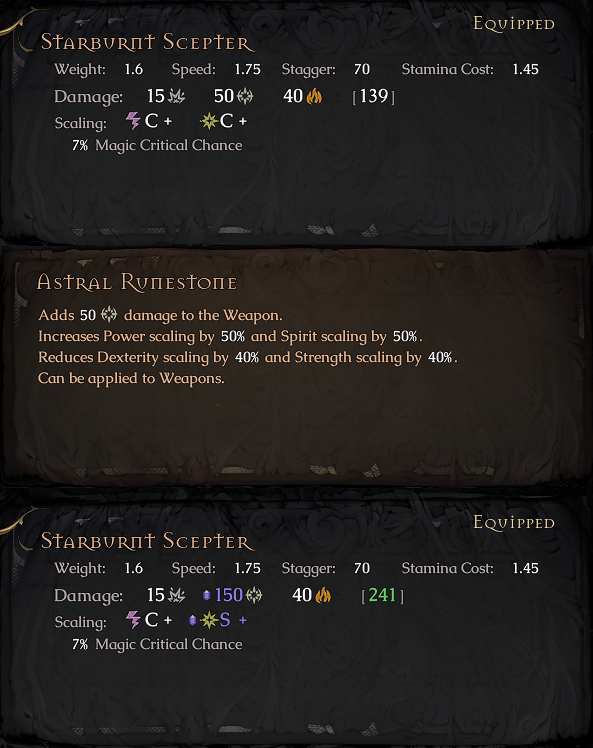
Applying this Astral Runestone to the right weapon makes it way more powerful. It also has negative effects on many weapons, but as you can see, the Starburnt Scepter has no Dexterity and Strength Scaling: so only the positive effects apply.
Don’t be afraid to experiment with enchantments to find the one that works best for your character!
•────────────────────────────•
And that’s a wrap!
We really hope you enjoyed this more in-depth look at a very key aspect of our game.
Items are hugely important in Mandragora, and we hope a lot of you are excited to be able to find, craft, equip, and enchant all this epic loot.
And as we get ever closer to release, we’re looking forward to sharing even more details with you, so please stay tuned!
Of course, as always, we want to hear from you! Please let us know your thoughts in the comments or over on our Discord[discord.gg]!
Dev Diary #2 - Talent Tree Progression
Welcome to the world of Mandragora! This series of ‘Dev Diary’ posts will take you behind the scenes and give you a more in-depth look at all the cool features you can expect from our game as we get closer to release.
•────────────────────────────•
Hi everyone!
It’s Dev Diary time again, where we’re highlighting various key aspects of our upcoming game to help you gain extra insight into what features to expect in Mandragora.
And we really hope you’ll enjoy getting your hands on features like this when our public demo launches on September 30!
Today’s topic: Talent Trees!
In our first Dev Diary, we talked about Gear Progression, which was all about the many epic items you’ll be able to find, equip, craft, and enchant in Mandragora.
And today, we’ll learn about another hugely important source of character power: Talent Trees.
Wait… Talent Trees, plural?
Yes! The full game will include 6 classes in total, and each have their own Talent Tree that helps shape their unique playstyle.
You are not limited to your own Talent Tree: after level 15, you are free to unlock other class trees as well, which allows you to create mixed classes. However, at first, it’s best to stick to your starting class Talent Tree until you learn all the basics. And if you make a mistake, no worries! The Talent Tree can be fully reset.
How do Talent Trees work in Mandragora?
Let’s take a look at the inner workings of the Talent Tree using the Vanguard class as an example. This class will be available in our public demo launching September 30 - so you’ll also be able to discover all its power firsthand then!
Vanguards are elite fighters within the ranks of the Inquisitors who employ raw physical prowess, massive shields, and brutal two-handed weapons.
Whenever you Level Up in Mandragora, or use an Offering Shrine, you gain Talent Points which you can spend in the Talent Tree.
Let’s take a look at how that works in practice:
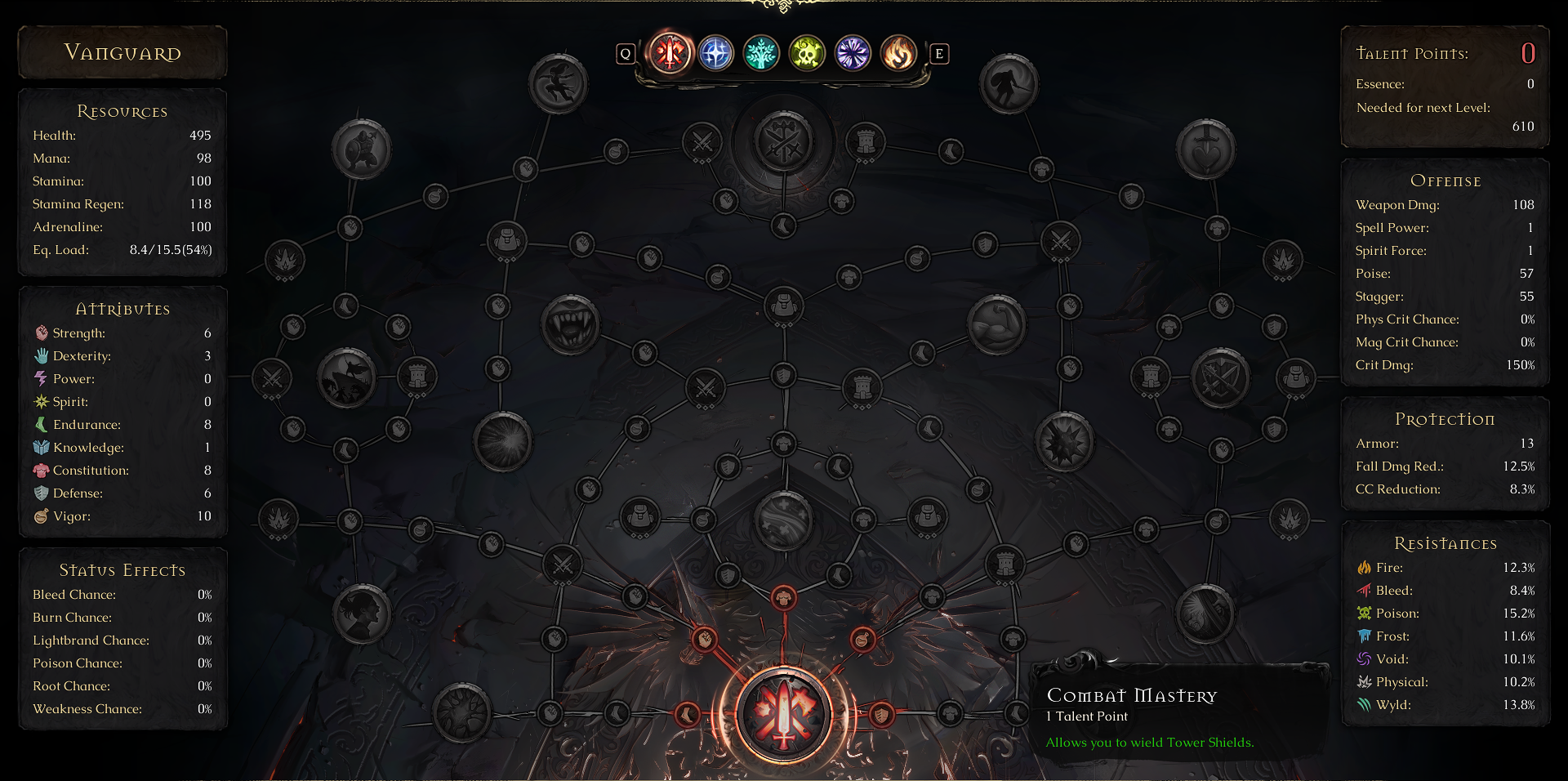
As you can see, the Talent Tree contains 4 different types of nodes:
The Starting Node: This allows you to wield an item type belonging to the selected class. In this case, that’s Tower Shields.
Basic Attribute Nodes: These small nodes are fixed, and you can put 1 Talent point on them. All of your statistics are visible beside the Talent Tree, and the stats that are increased by the selected attribute are always highlighted in green.
Choice Nodes (Offensive, Defensive, Utility and Critical): Medium-sized nodes. You can select 1 of the available attribute nodes here. You can spend up to 3 points on these nodes, and the 3rd point always guarantees an extra bonus.
Talents: Big Nodes. Each class in Mandragora has 16 unique Talents in their respective Talent Tree. These powerful passive abilities can be a great help during your adventures and can also further enhance your preferred playstyle.
- Some Talents are simple, focused on making your character more powerful: like Deep Wounds, which increases your Bleed Chance by 5% and the duration of your Bleed effects by 3 seconds.
- Others are more complex and require you to pay more attention in combat: like Armor Breaker, which gives your Weapon Attacks a 1% chance per point of Armor the target has to break an Armor Fragment from them, permanently reducing their Armor by 5. Picking up a fragment grants you 2 Armor, stacking up to 25 times. Taking Physical damage removes 5 stacks.
As a Vanguard, you can choose from 3 different weapon setups in early game:
- 1H weapon + Light Shield: Allows you to Defend and (if timed right!) Parry enemy attacks.
- 1H weapon + Tower Shield: Also allows you to Defend enemy attacks, but instead of Parry, you can Charge and stun enemies with your mighty Tower Shield
- Greathammer or Greatsword (2H): Slower, but a longer attack range than 1H weapons - and it has much higher stagger potential as well. You also gain the Resonance ability. When Resonance is activated, successful weapon hits create radial shockwaves that expand out from the impact location, dealing damage to all affected enemies.
Based on your playstyle, you need to decide which Talents you are aiming for first. The 3 closest to the Starting Node in the Vanguard tree are:
- Deep Wounds: Increases your Bleed chance by 5% and the duration of your Bleed effects by 3 seconds. This is a good choice for 1H builds and against enemies with large Health, as you need faster weapons to apply it more frequently and Bleed also needs some time to deal its full damage to the monsters.
- Veteran: Killing an enemy permanently increases your maximum Health by 0.01% up to 10%. This is a good early game choice for any build as it takes some time to reach the full bonus. It also combines well with Constitution attribute nodes that increase Maximum Health.
- Lifeblood Surge: Killing an enemy generates 20 Adrenaline and restores 5% of your missing Health. A good choice for 2H builds against smaller enemies, as it provides sustain, and without a shield you’ll certainly take more damage.
Once you have decided which Talent you like to take first, you can start to unlock all nodes leading up to it, then select your next Talent. You can take any of the previous Talents - or you can go further into the tree.
What exactly are Choice Nodes?
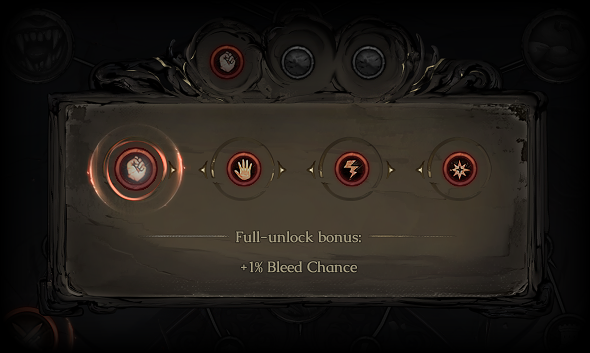
If you reach a Choice Node, then you should choose the attribute you need the most for your build and playstyle:
- Offensive attributes: Strength, Dexterity, Spirit, Power. These increase the damage of your weapon and Skills. As a Vanguard, Strength is your main offensive Attribute. Full-unlock bonus: 1% Bleed Chance
- Defensive attributes: Constitution, Defense, Vigor. Choose Constitution if you find yourself dying too fast and need more Health. Choose Defense, if you have enough health, to mitigate incoming damage. And choose Vigor if you want to equip heavier Weapons or Armor. Full-unlock bonus: 2 Armor
- Utility attributes: Endurance, Knowledge, Constitution. Knowledge increases Maximum Mana, which is usually not a good choice for a Vanguard. Choose Endurance if you need more Stamina or you can choose Constitution in this Choice Node as well for more Health. Full-unlock bonus: -1% Adrenaline Cost
- Critical Attributes: Physical and Magic Critical Chance, Critical Damage. As a Vanguard you mostly need Physical Critical Chance. Critical Damage only becomes a viable choice once you have enough (over 40-50%) Physical Critical Chance. Full-unlock bonus: 1% All Critical Chance
Full-unlock bonuses are nice to have, but only if you really need those Attributes as well. Otherwise, go for another Talent first!
What kind of early game Vanguard builds are there?
Bleed
This early build allows you to apply the Bleed status effect and provides nice health sustain.
From Deep Wounds, you can grab Blood Craze, which heals you whenever your Bleed effect damages an enemy. And from there, Lifeblood Surge is not far away, which further increases your Health and Adrenaline sustain potential.
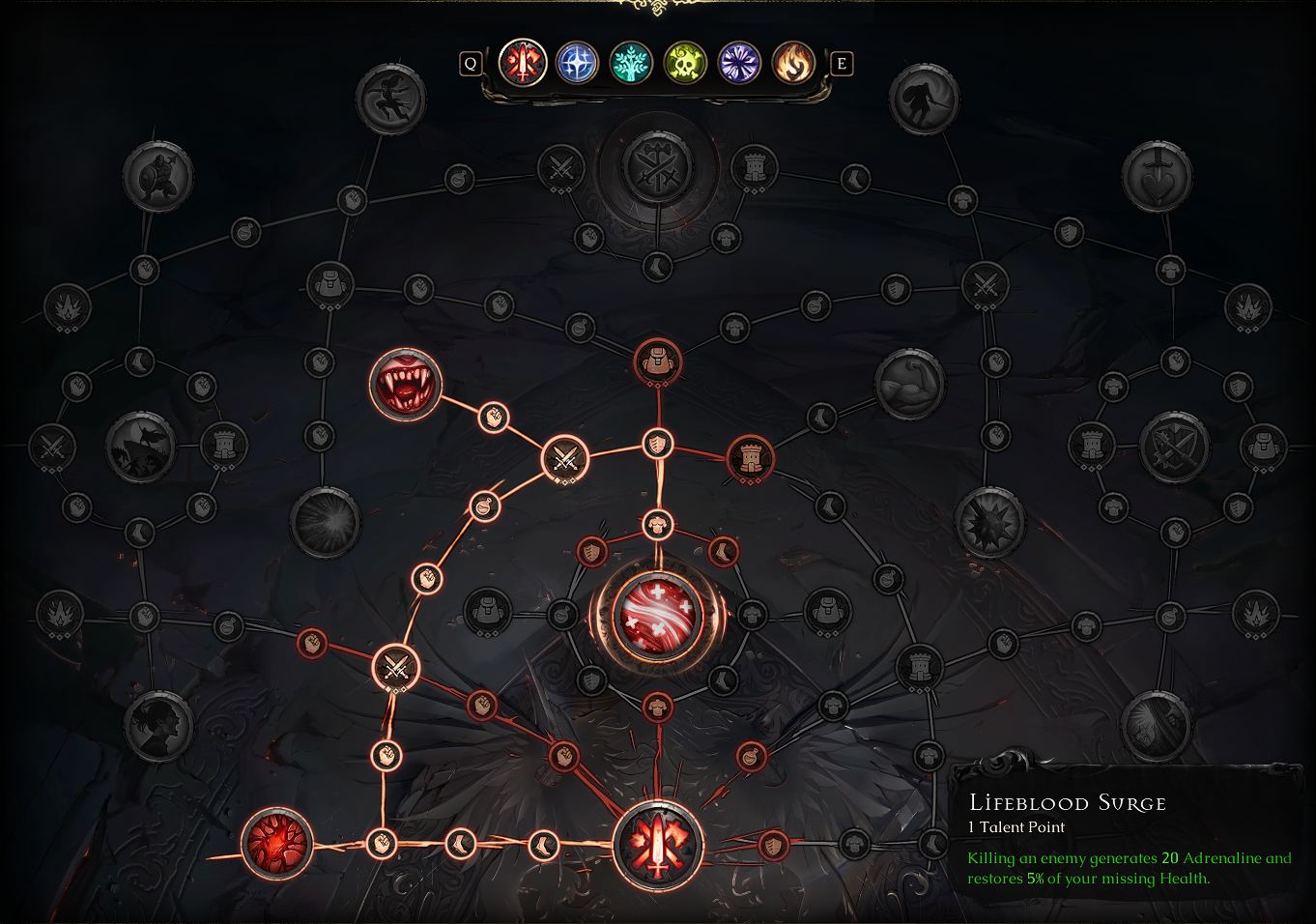
Maximum Adrenaline
With this build, your focus is to reach Maximum Adrenaline in combat - and remain there, if you can.
From Deep Wounds, you can also go for Eternal Rage, which increases your damage while you are at maximum Adrenaline. Then, grab Warlord as well, to generate Adrenaline for each nearby enemy in combat, allowing you to reach maximum Adrenaline faster, which will then allow you to activate Eternal Rage.
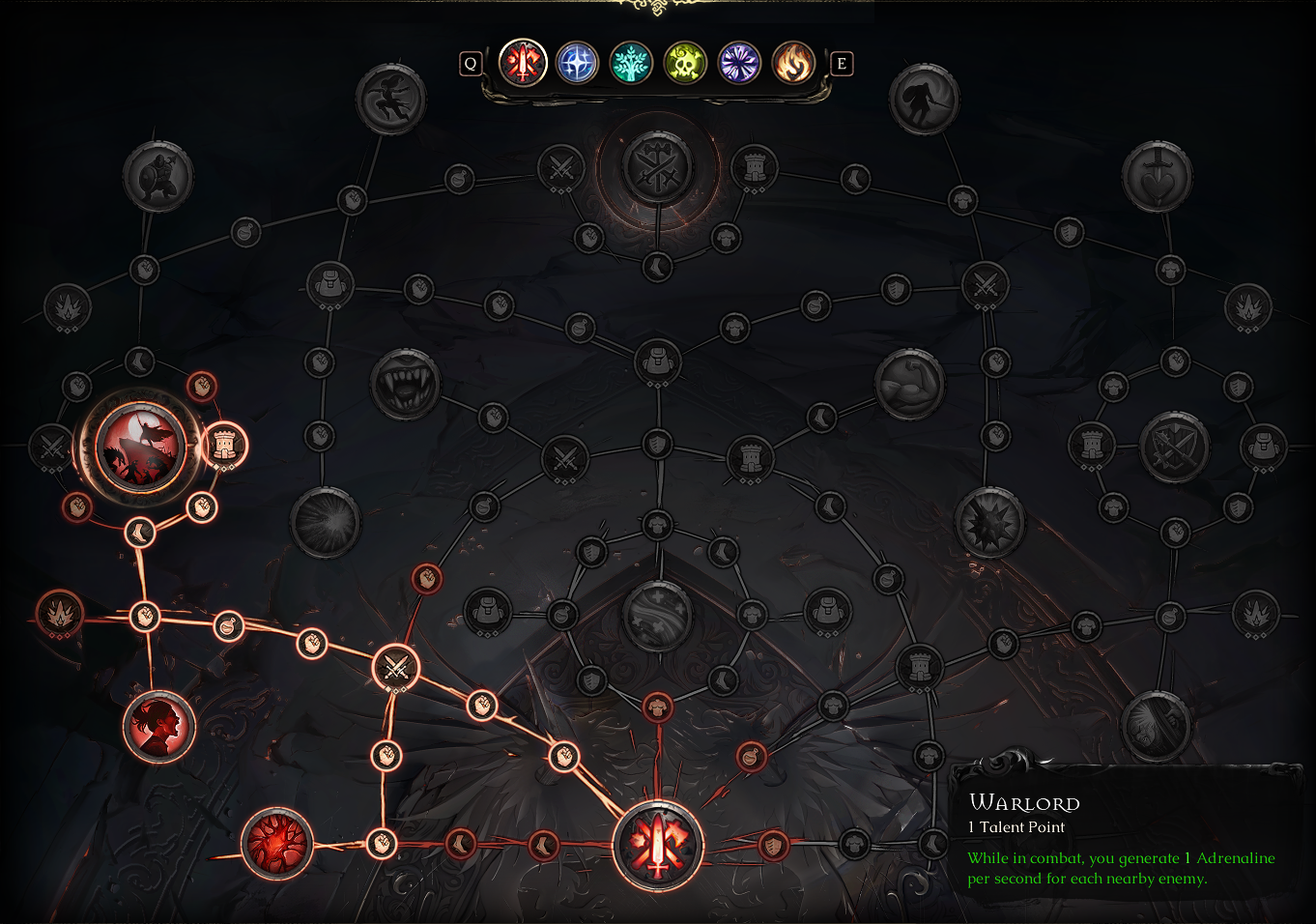
Resource
This early build focuses primarily on increasing your main Resources: Health, Stamina and Adrenaline.
Grab Veteran first to increase your Maximum Health, then take Enhanced Enduranceto have a bigger Stamina pool as well. Lastly, acquire Lifeblood Surge for Health sustain and Adrenaline generation.
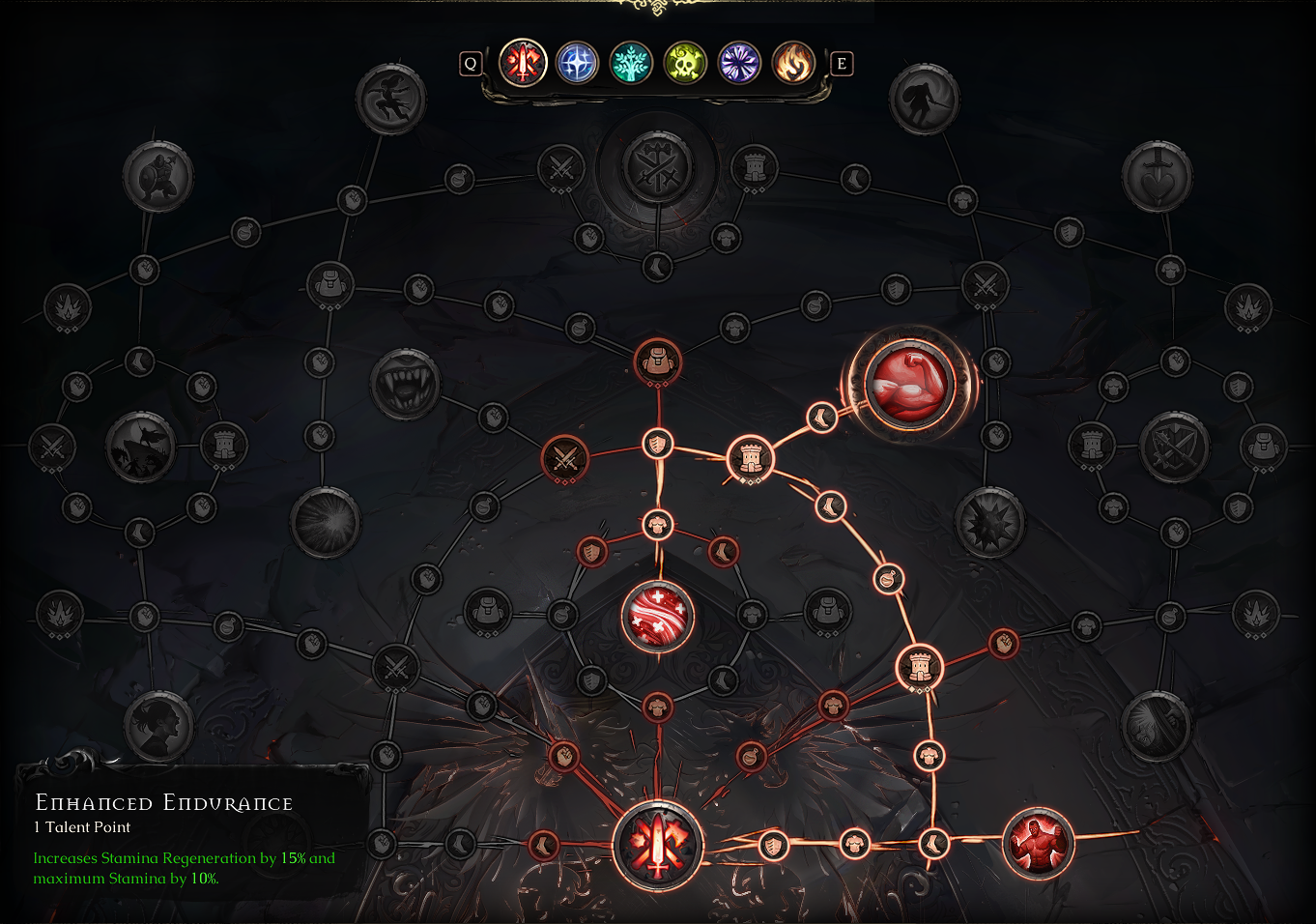
Defend/Parry
This build requires you to defend and parry enemy attacks frequently.
From Veteran, grab Revenge, which generates 5 Adrenaline if you are getting hit and also increases your next damage after defending or parrying an attack by 50%.
Last, acquire Versatility, which increases your damage when you are wearing a Shield.
This talent would also be good for a 2H build later, because it increases all of your Magic Resistances by 10% if you are not wearing a Shield.
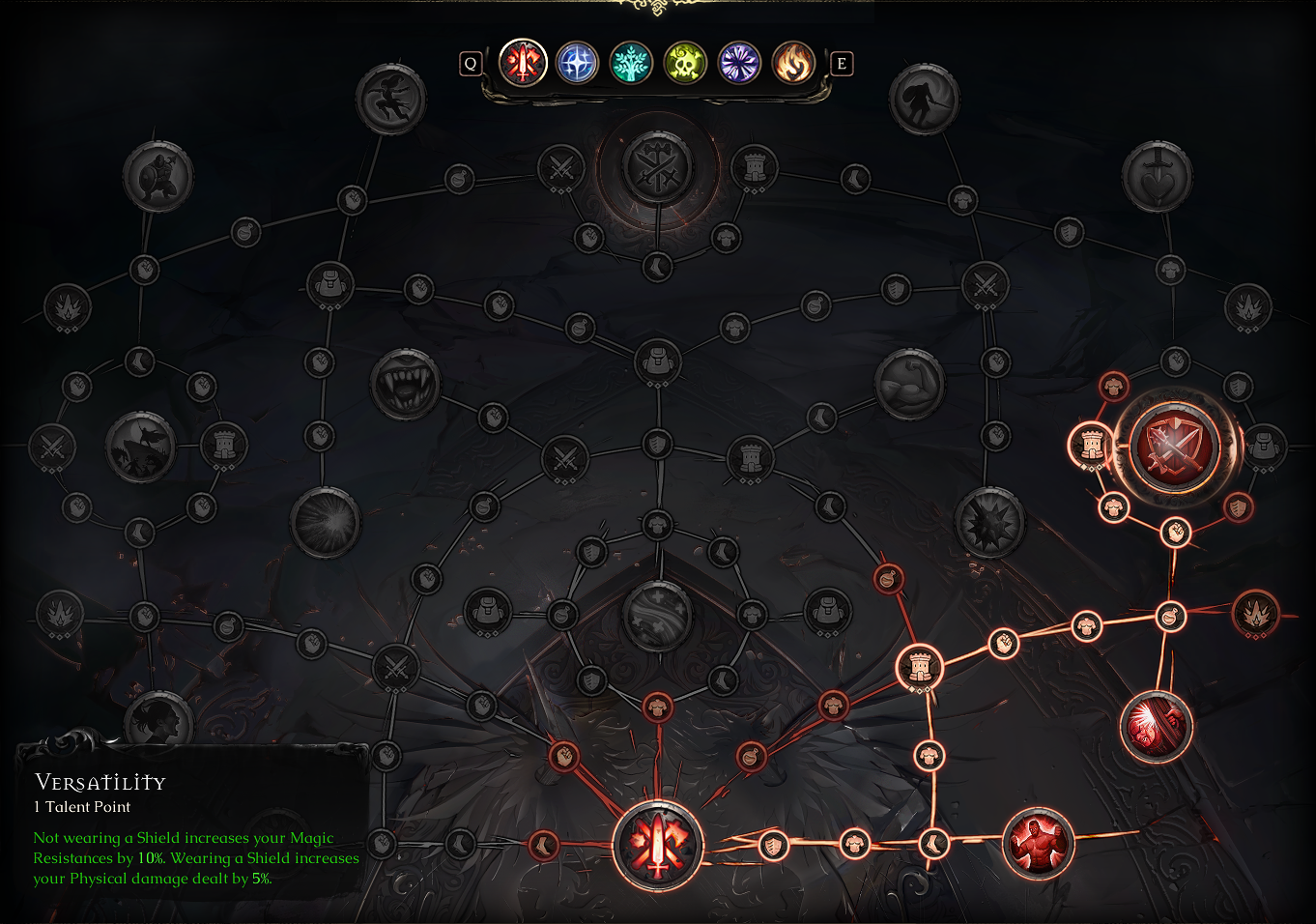
These are just a few possible examples to start out with, as you can combine Talents freely and come up with your own combination that works for you and your playstyle. Experiment and find your perfect build!
What about mixed class builds?
Vanguard-Flameweaver Mixed Build
To wrap up this post about Talent Trees, let’s now take a look at a mid-game mixed Talent build. Because as we said, in the full game, there will be a total of 6 classes for you to mix and match Talents from - so here’s a sneak peek at one possibility.
In this build, the focus is on applying Bleed and maintaining maximum Adrenaline by mixing and matching Vanguard and Flameweaver Talents.
This build works best with 1H weapons and for the off-hand item you can either use a Fire Relic to use Fire skills or you can use a Shield to Defend and Parry or Shield Charge.
From the Vanguard tree, we first acquire the previously mentioned Deep Wounds,Blood Craze, Eternal Rage and Warlord.
Then we’ll move left, over to the Flameweaver tree, and get 2 Talents from there:
For the last Talent we’ll go back to the Vanguard Tree and grab:
- Fury: Landing 4 Weapon Attacks within 3 seconds increases your Attack Speed by 15% for 6 seconds.
- Burning Blood: Your most recent damage taken is dealt to you over 5 seconds instead. Weapon Attacks against the attacker reduce the pending damage.
- Initiative: Your Adrenaline is automatically filled up to 20 when entering combat.
As you can see, these Talents work well together and boost each other’s strength even further. We start each combat with increased Adrenaline, and Warlord boosts our Adrenaline generation further. With the increased Attack Speed, you can apply Bleed and also fill up your Adrenaline faster to activate Eternal Rage - and also mitigate the suffered damage with the help of Burning Blood.
You’ll see each class Talent Tree separately in the game, but for illustrative purposes in this Dev Diary we’ve combined it so you can see the full build in one picture:
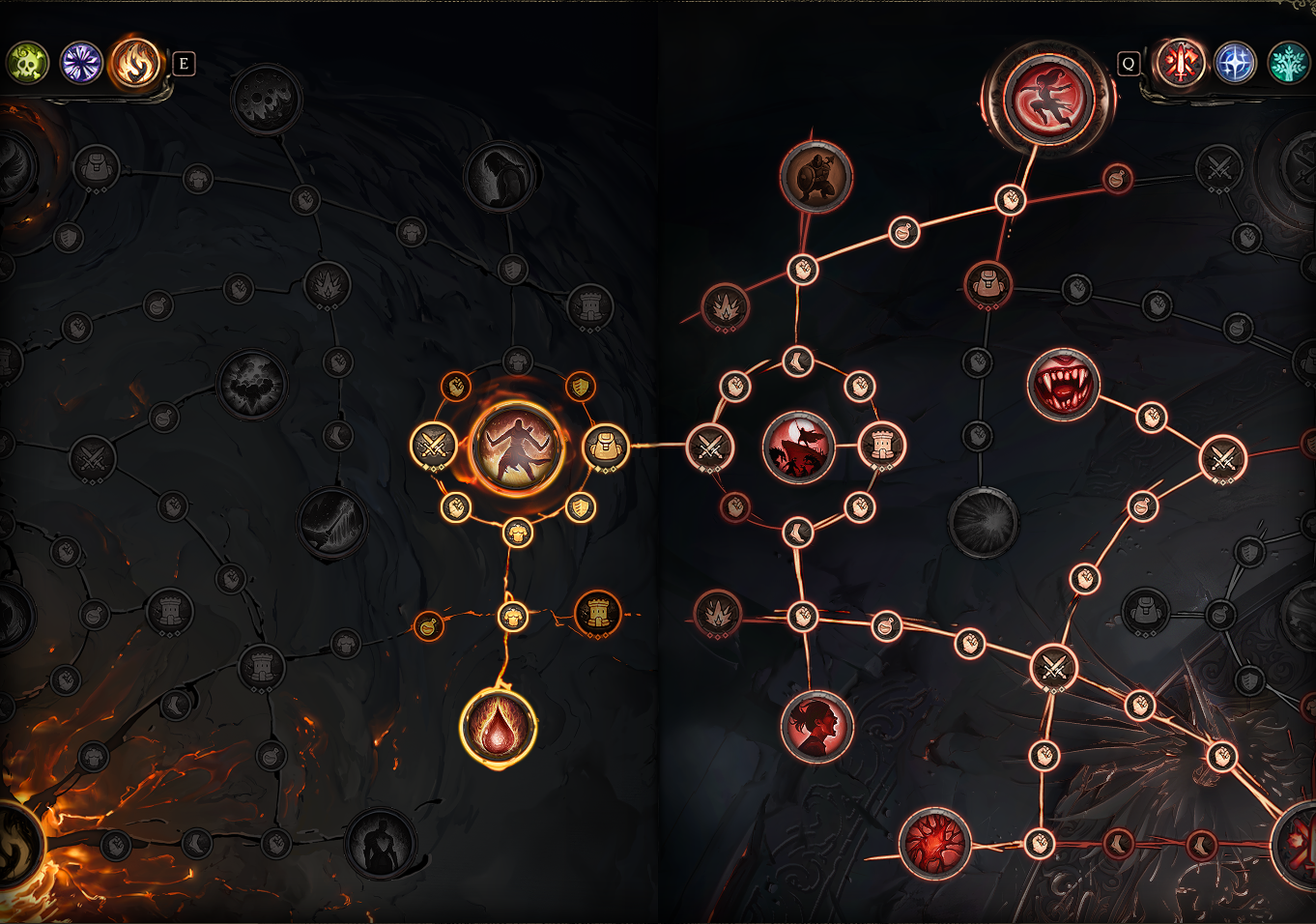
You can see that the classes are ‘joined’ at the sides of each Tree - but whenever you want to create a mixed class, you can also unlock the Starting node of each class and start your Talent build from there!
•────────────────────────────•
And that’s a wrap!
We really hope you enjoyed this latest Dev Diary focusing on another key gameplay feature.
There’s even more Mandragora goodness we’re looking forward to sharing with you over the coming weeks as we get ever closer to release, so stay tuned.
And if you’d like to try out our Talent Tree, alongside all our other cool features, make sure you don’t miss out on our demo - it launches September 30!
We can’t wait to see how you’ll branch out and learn new Talents! We’ll be rooting for you! (Sorry, we just can’t leaf these tree puns alone.)
And, of course, we want to hear from you! As always, please go ahead and let us know your thoughts in the comments below or over on our Discord[discord.gg]!







